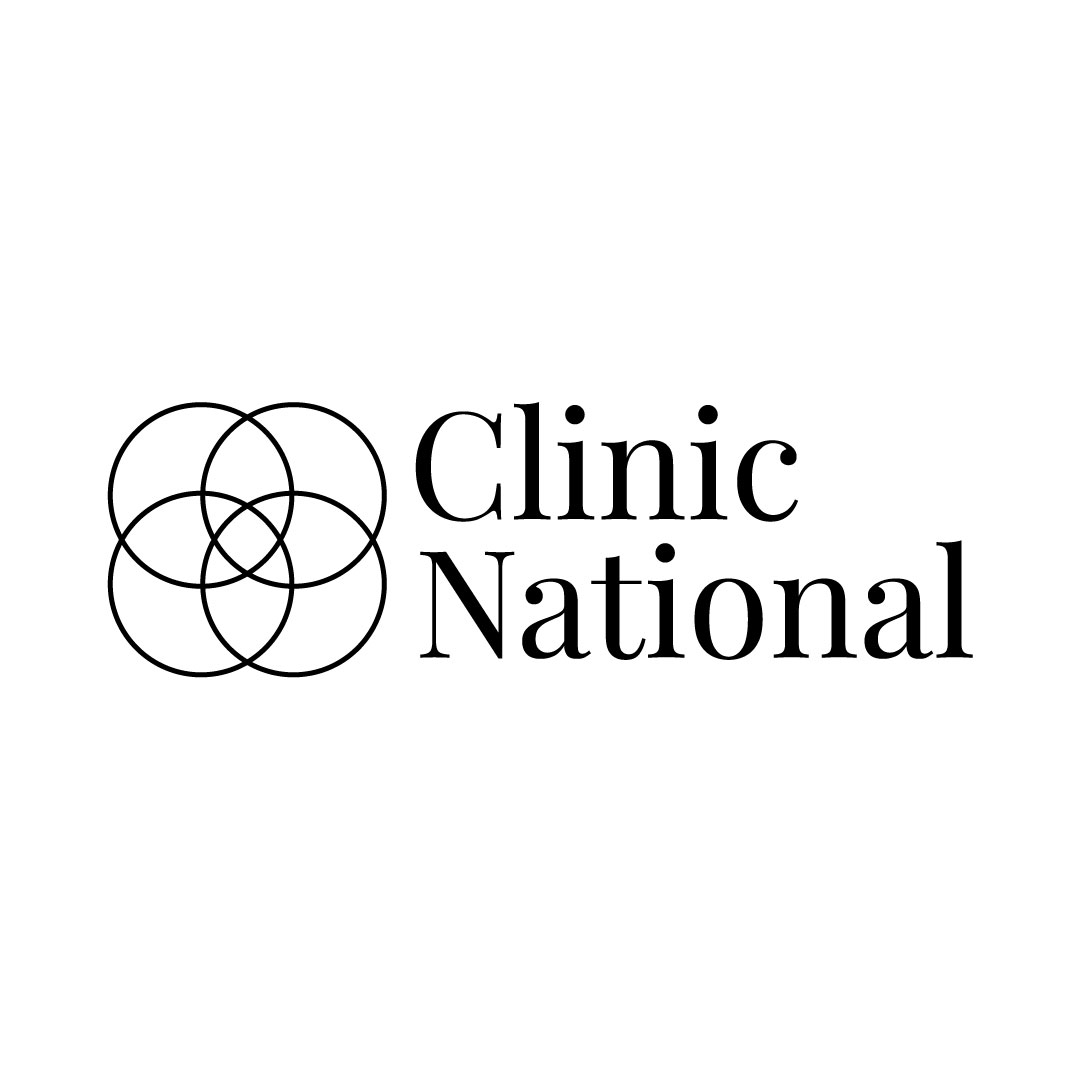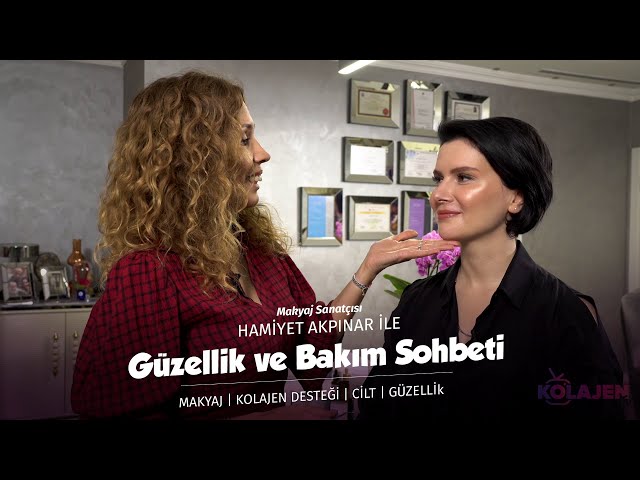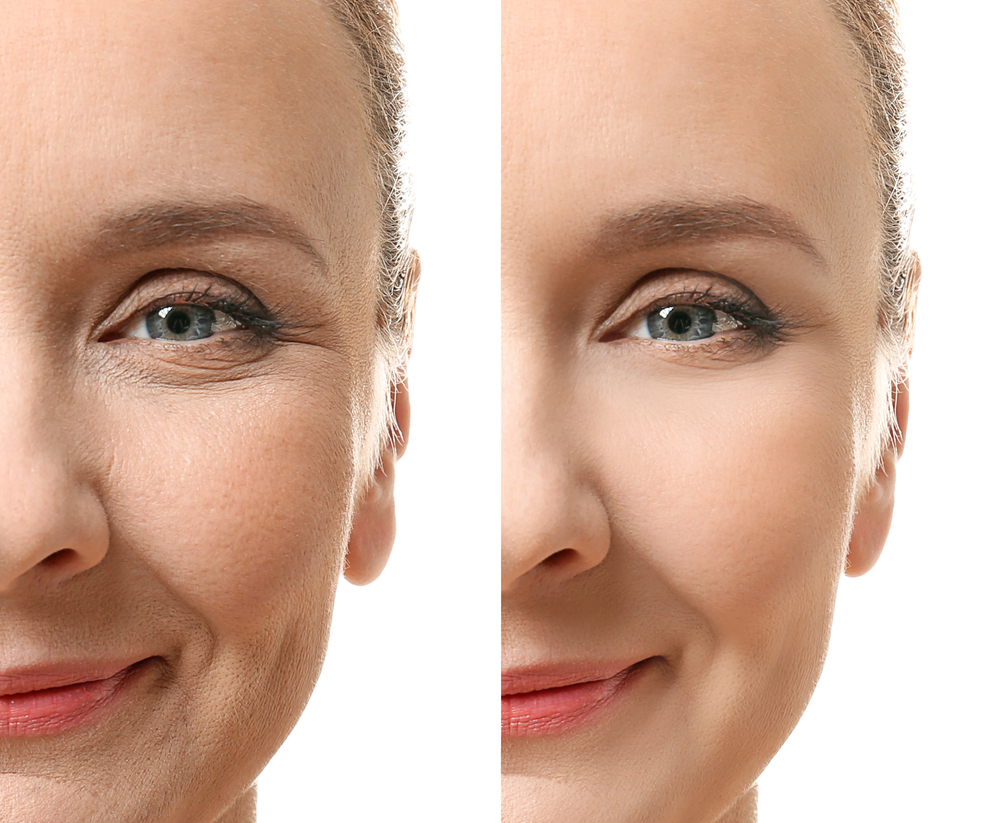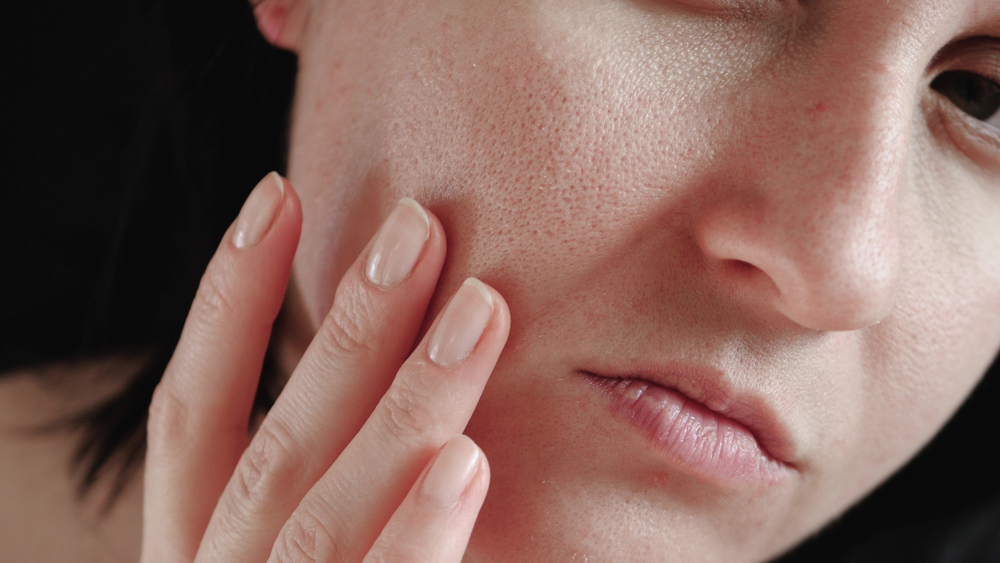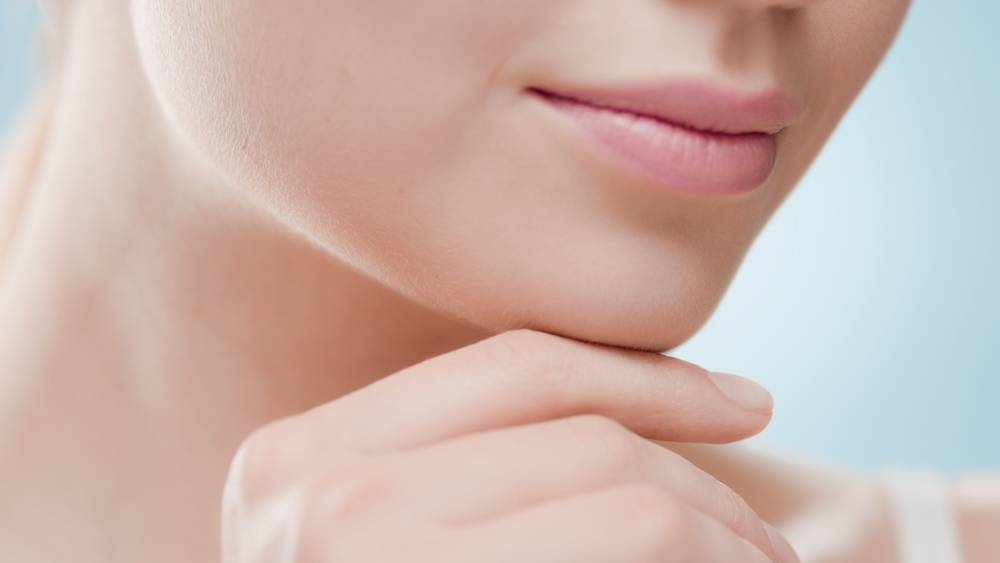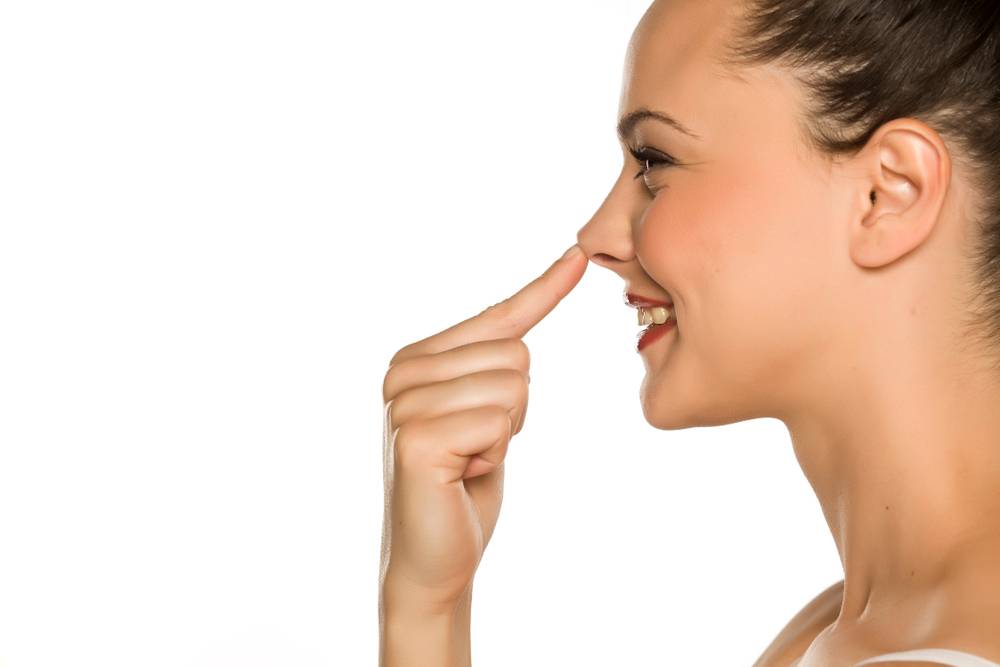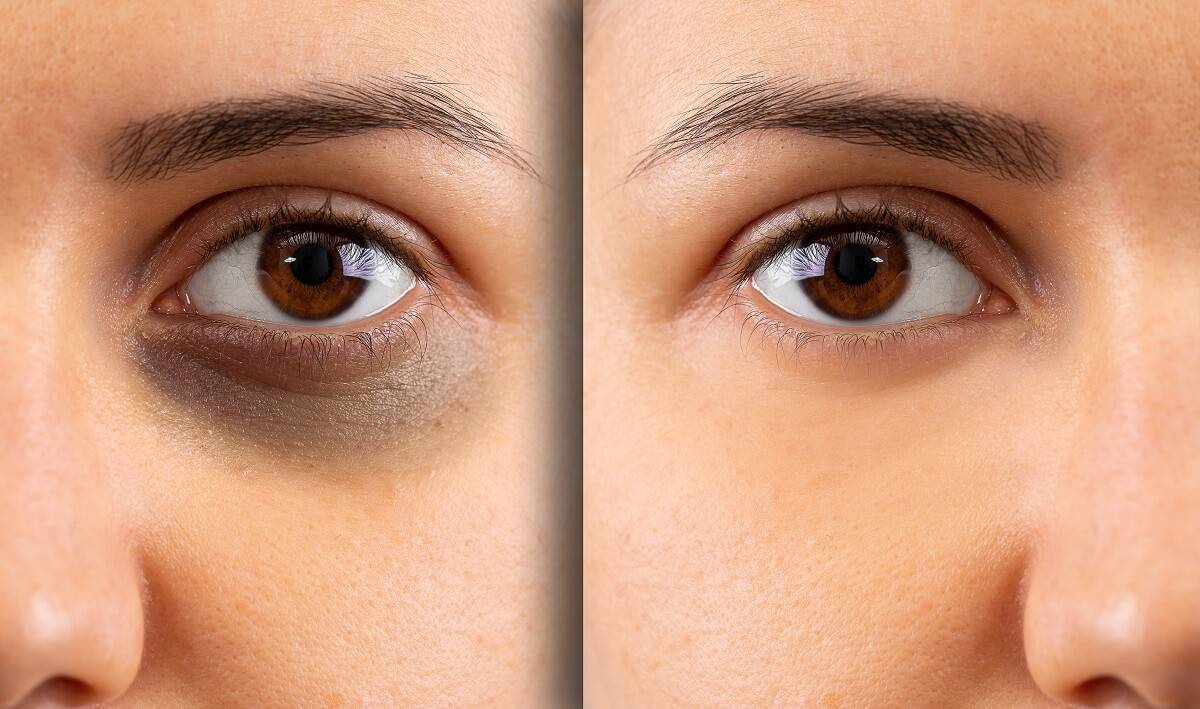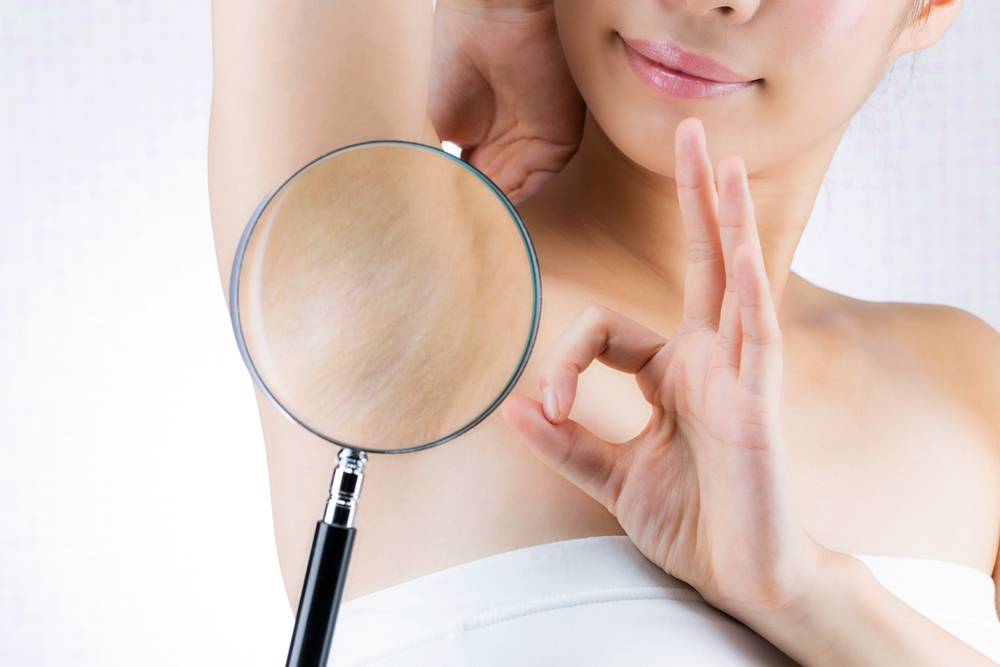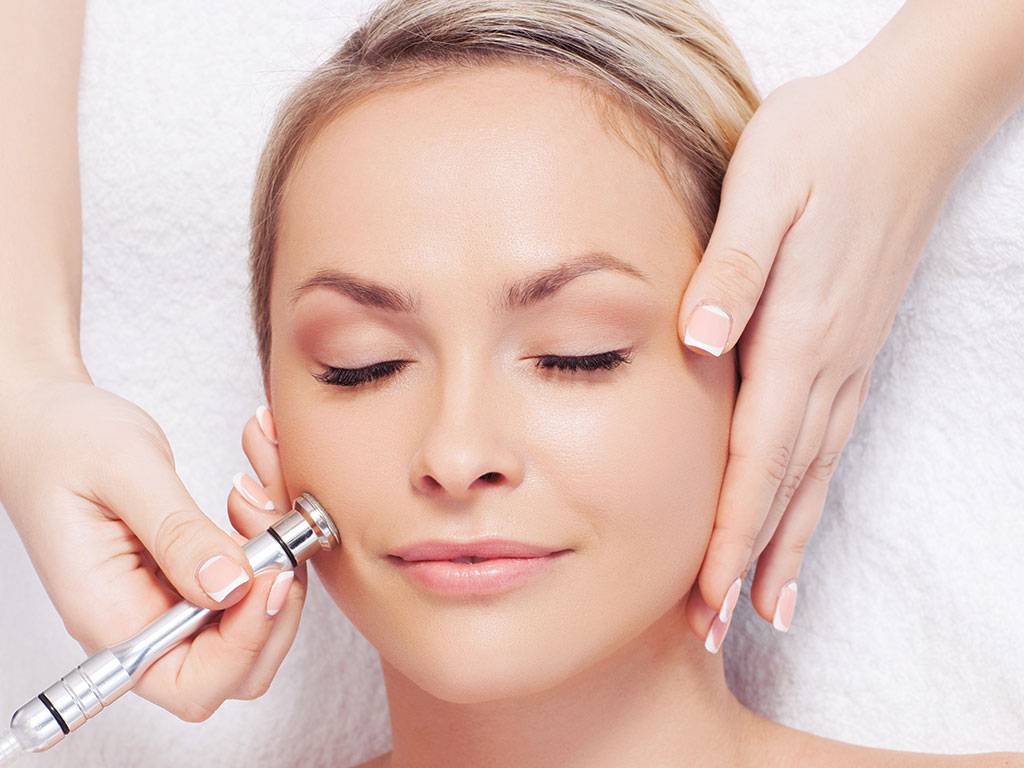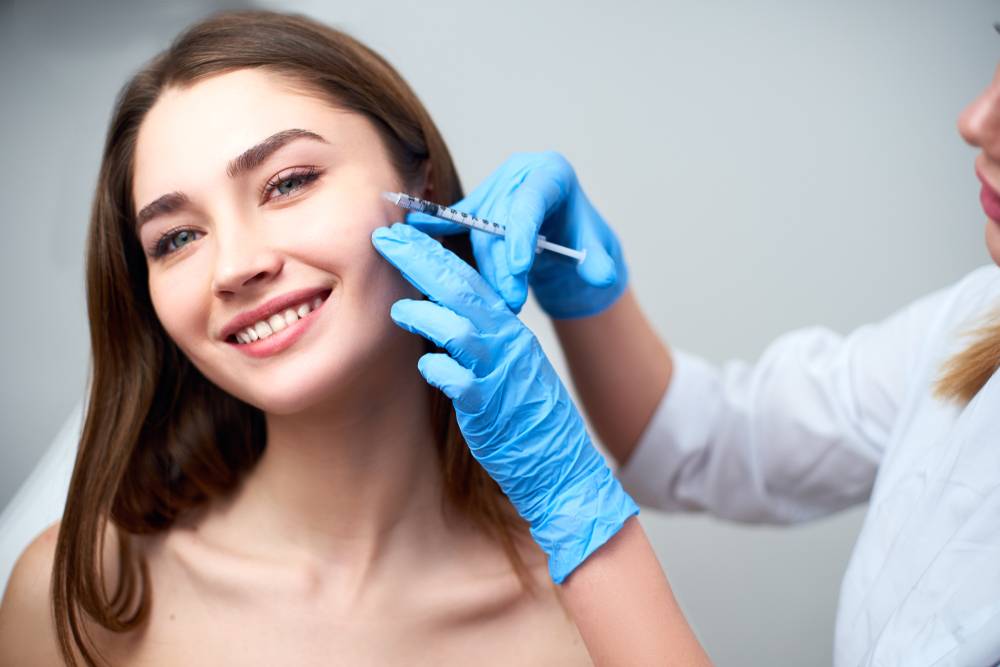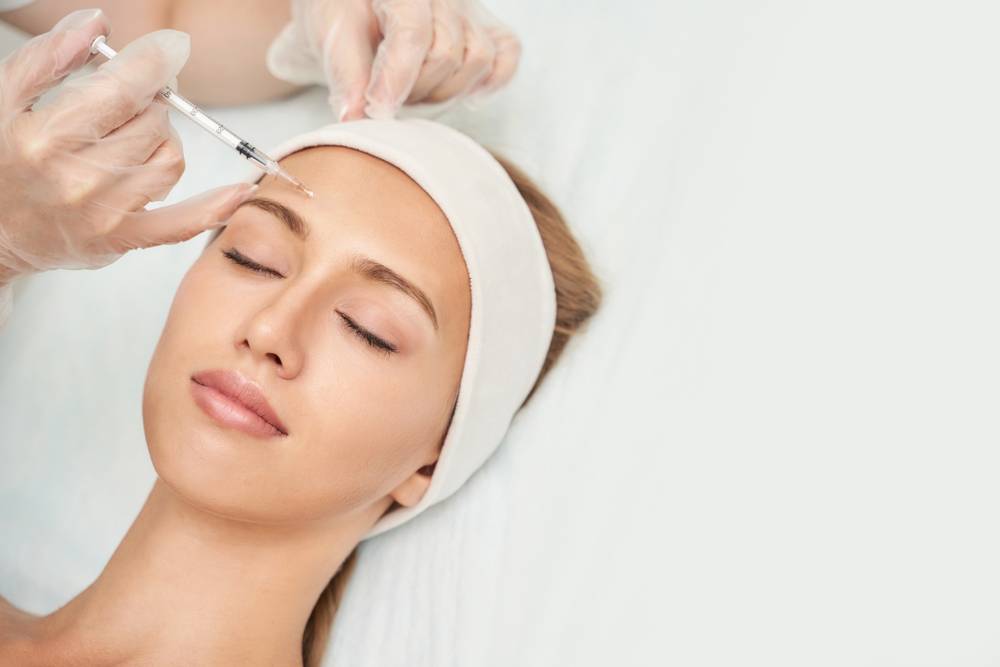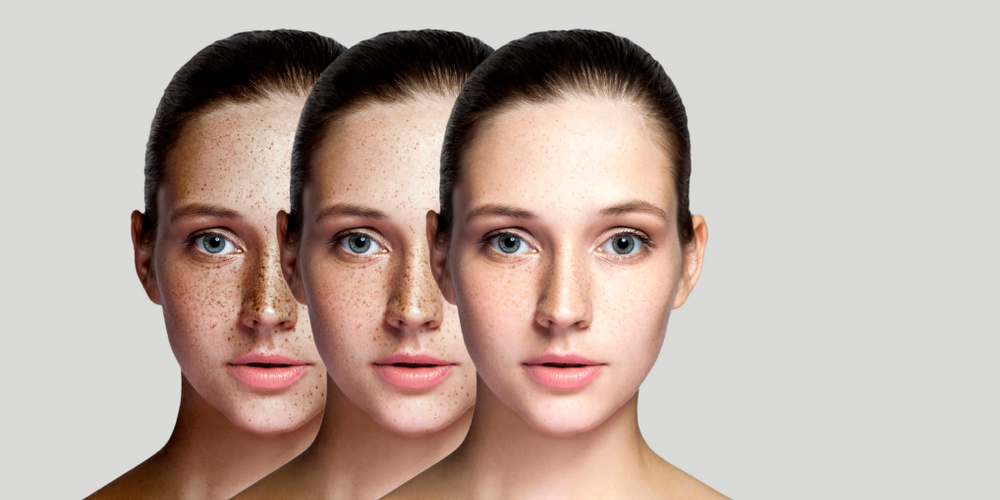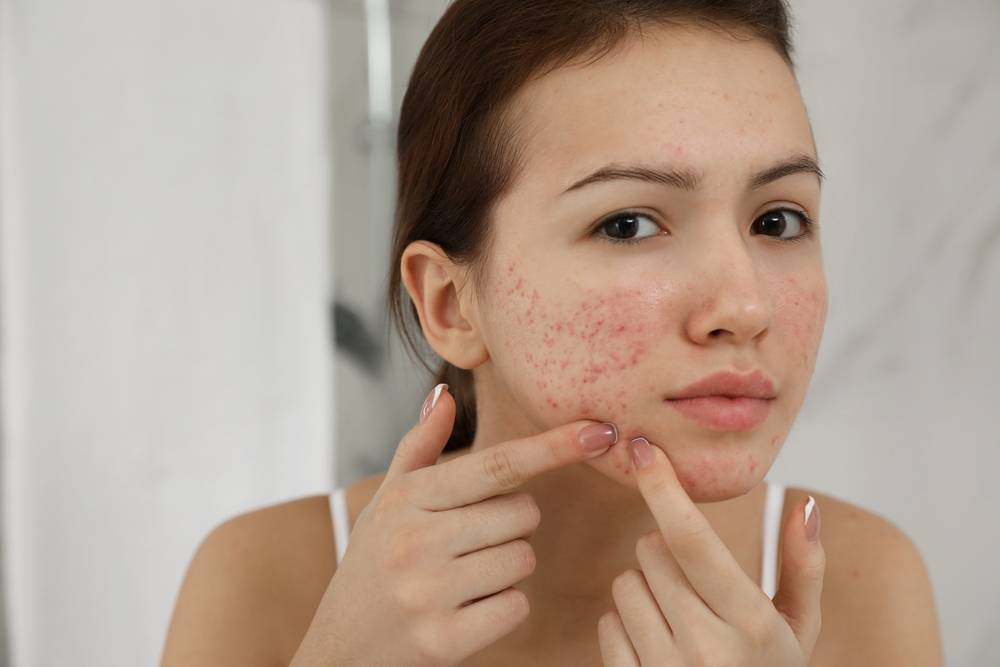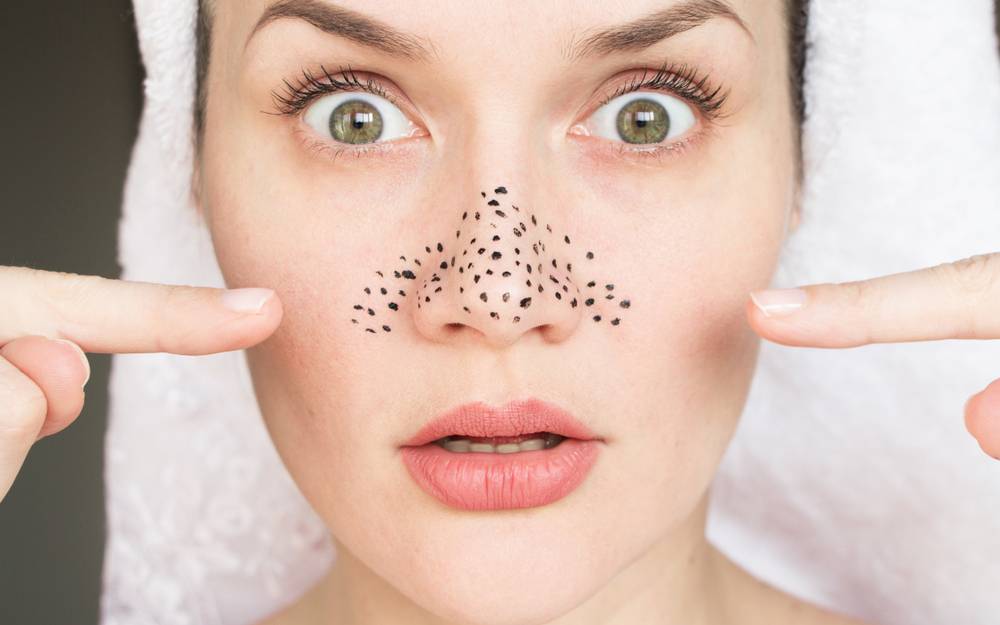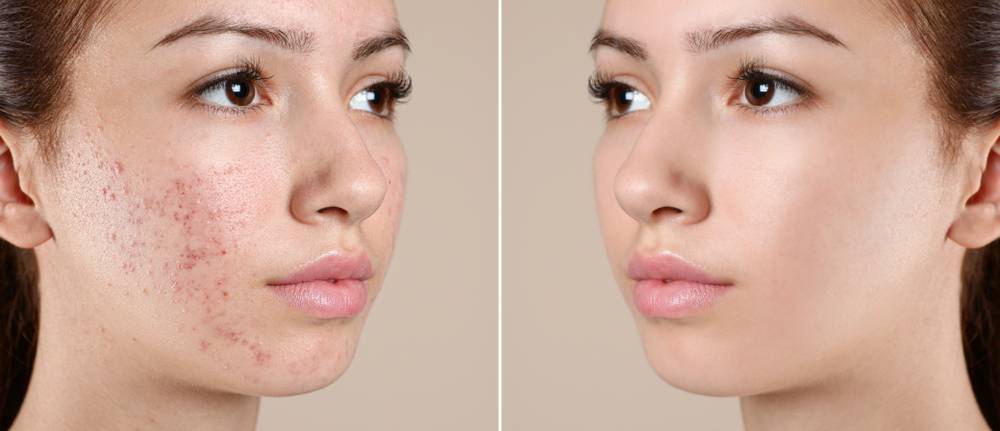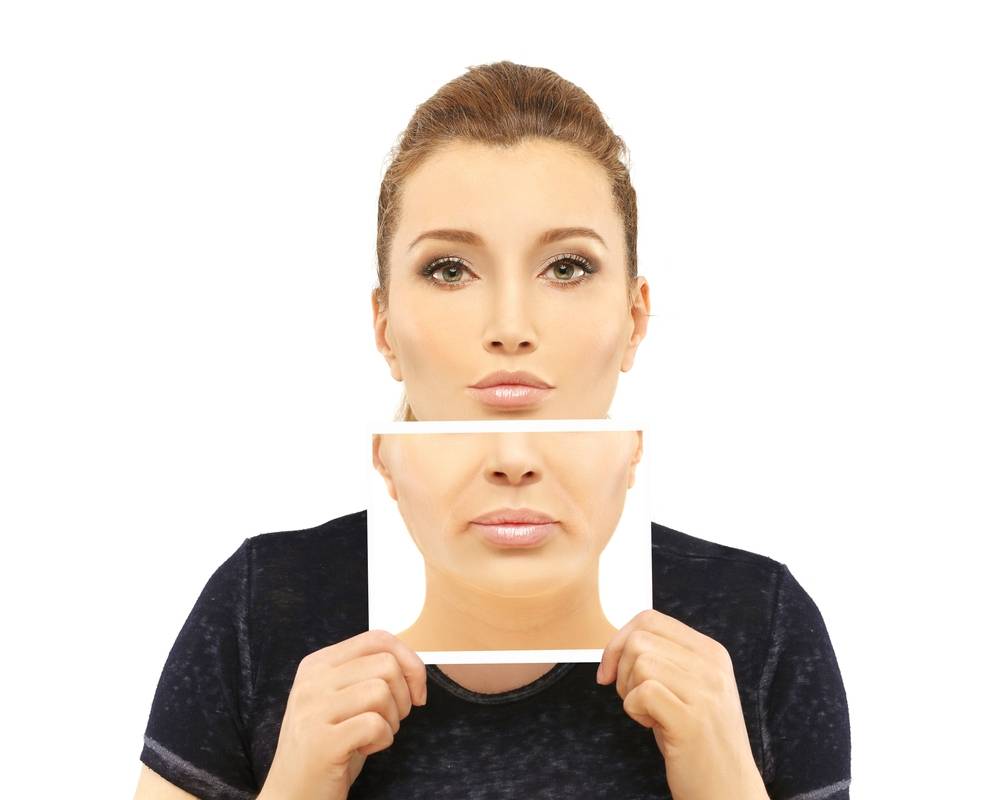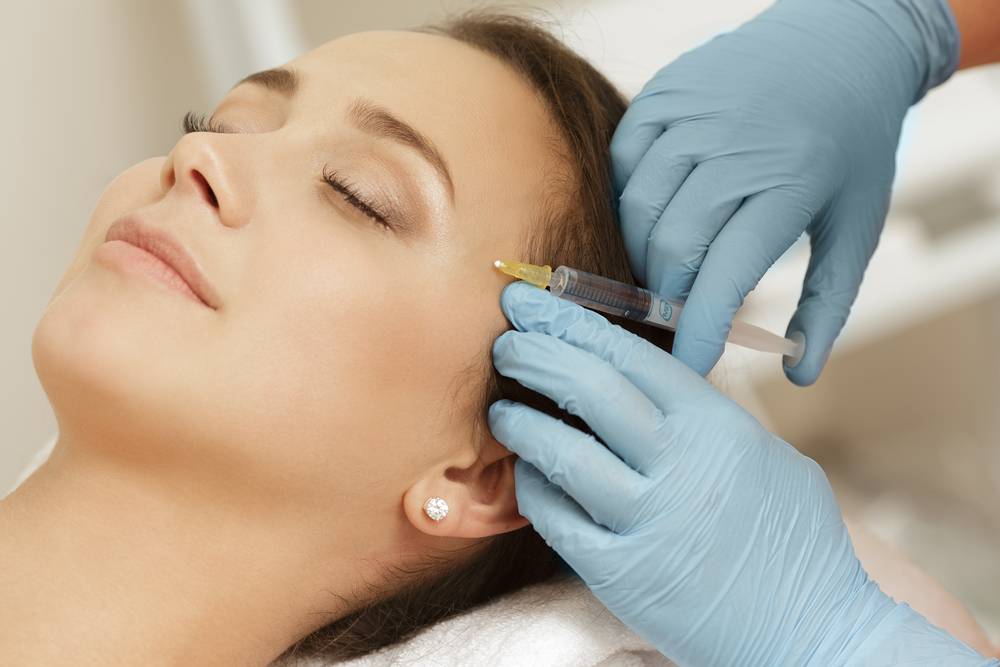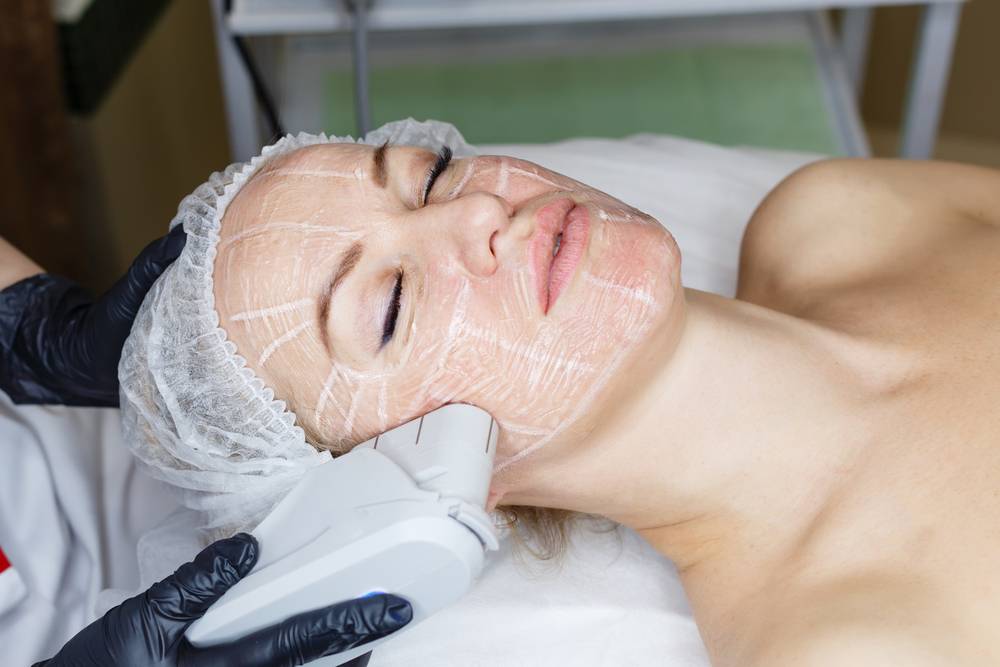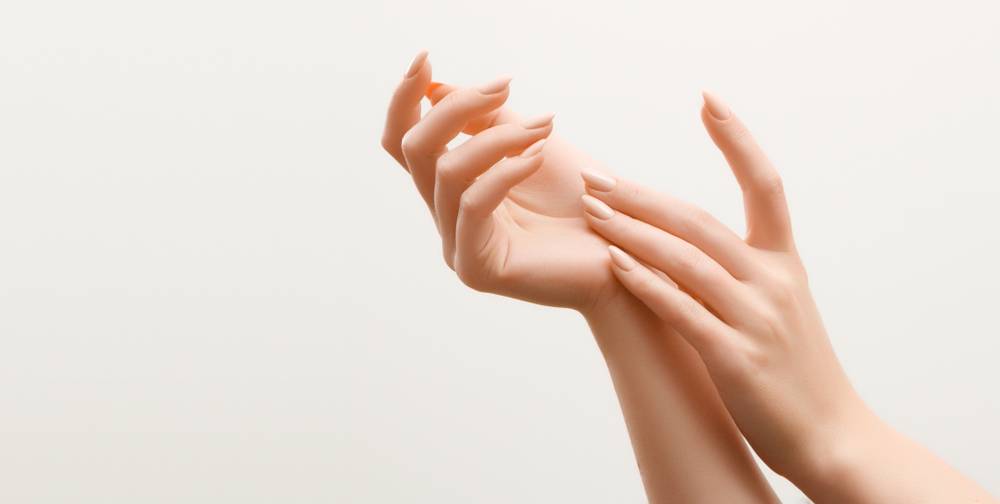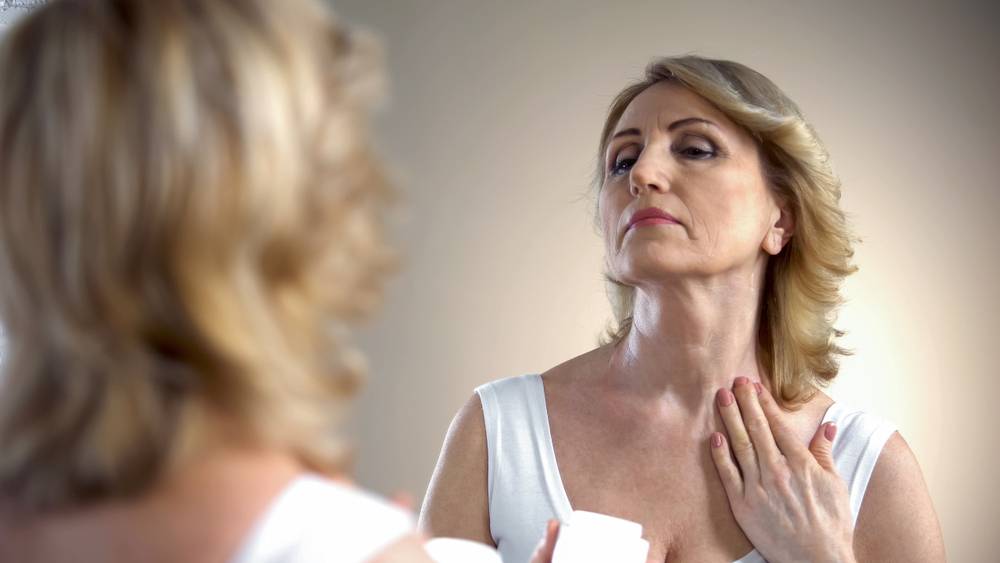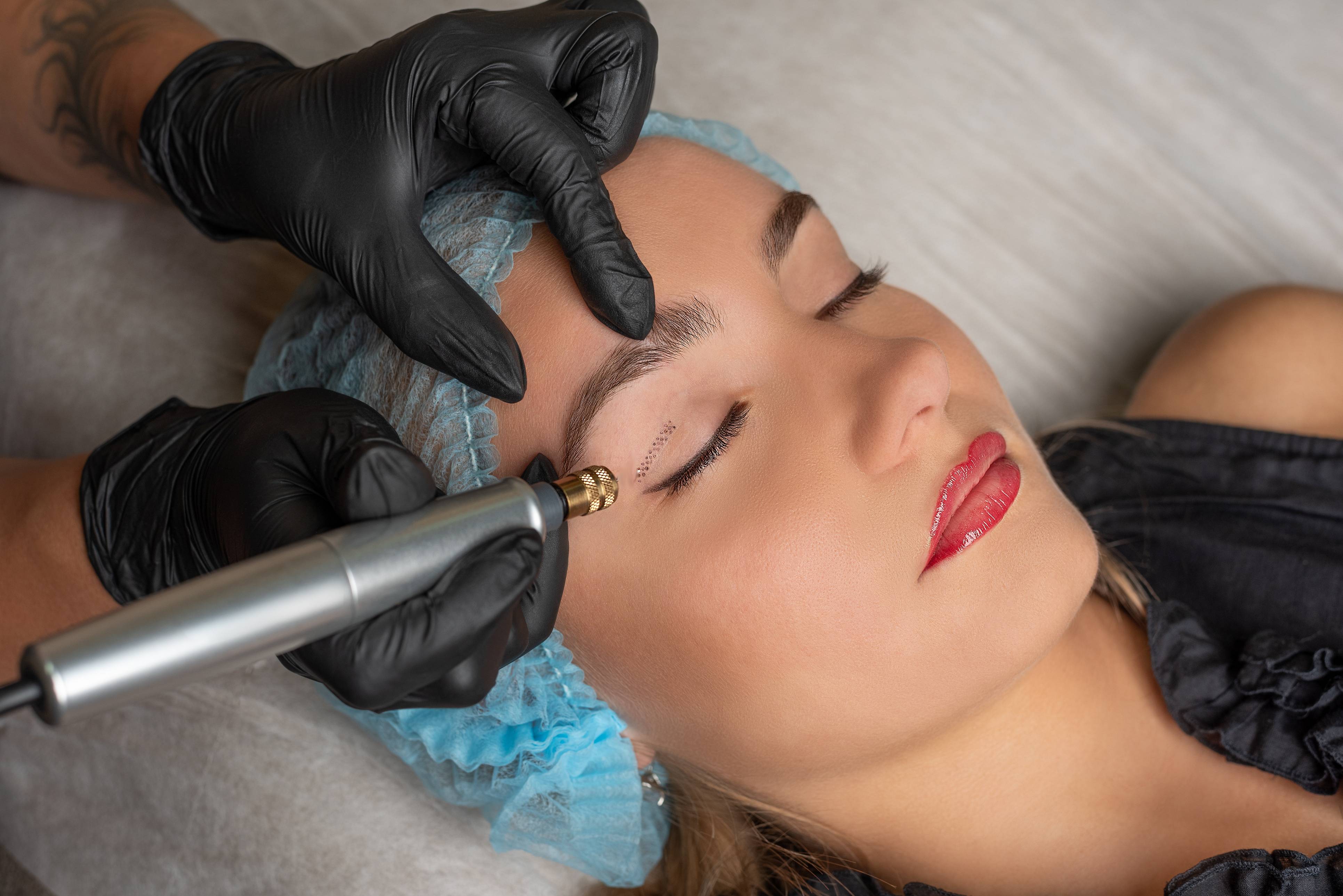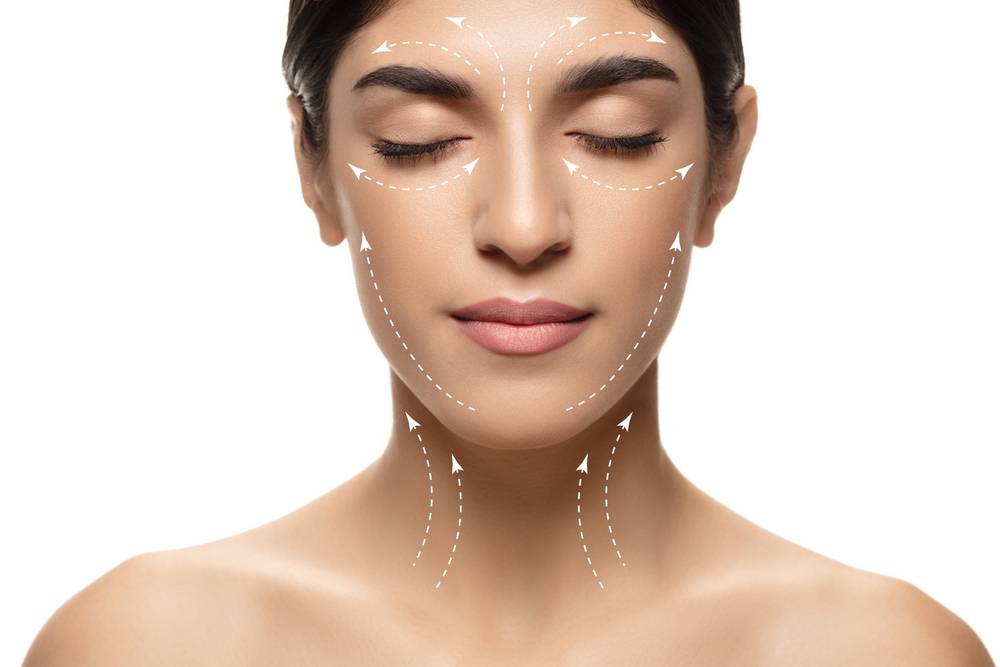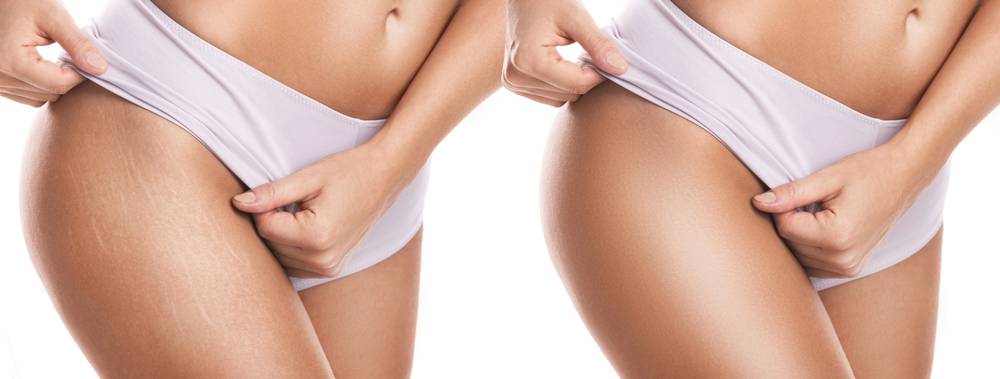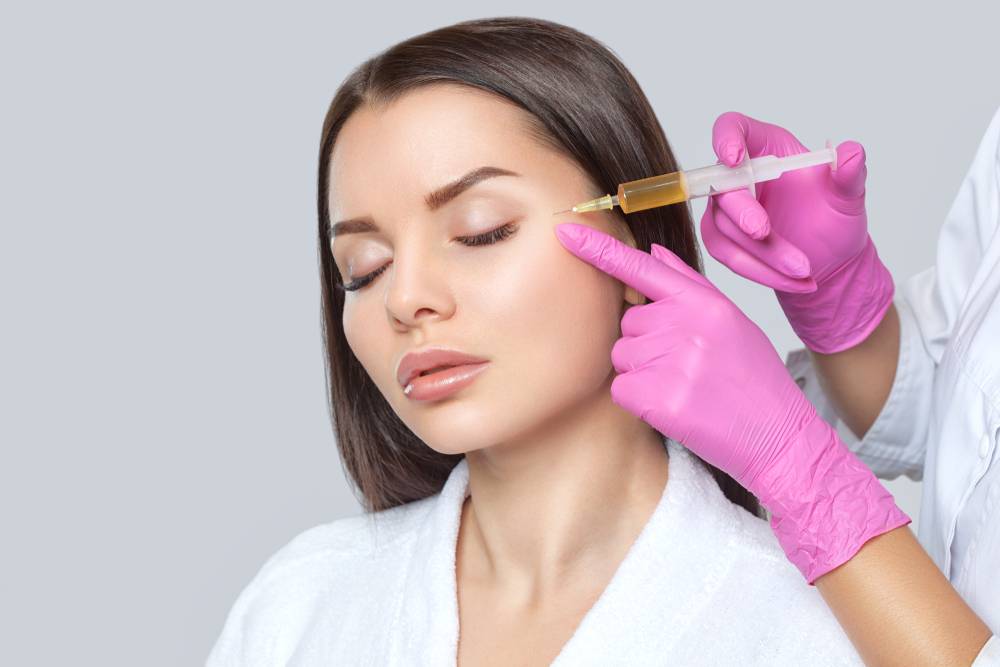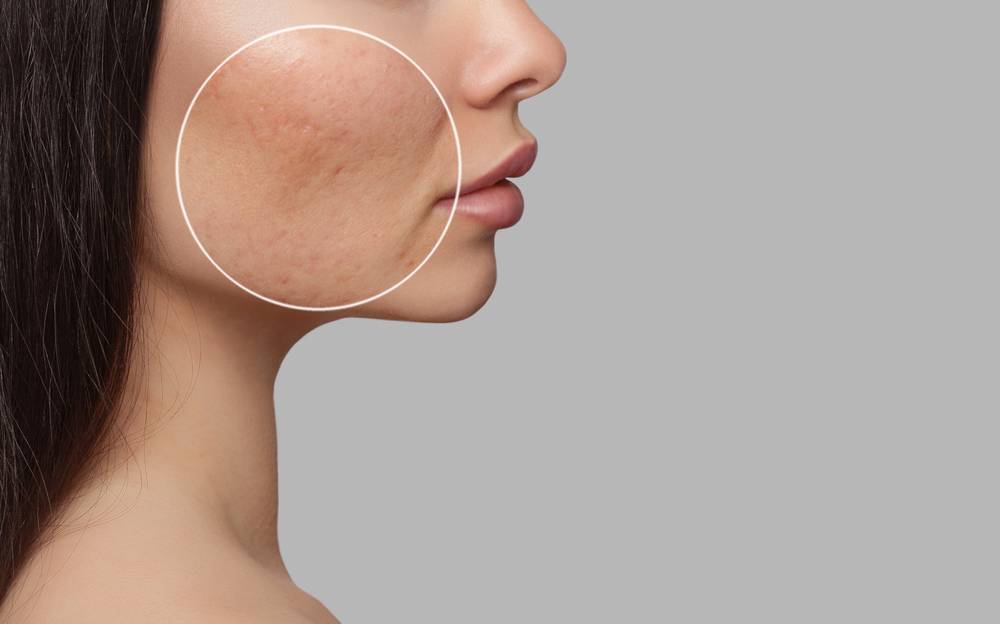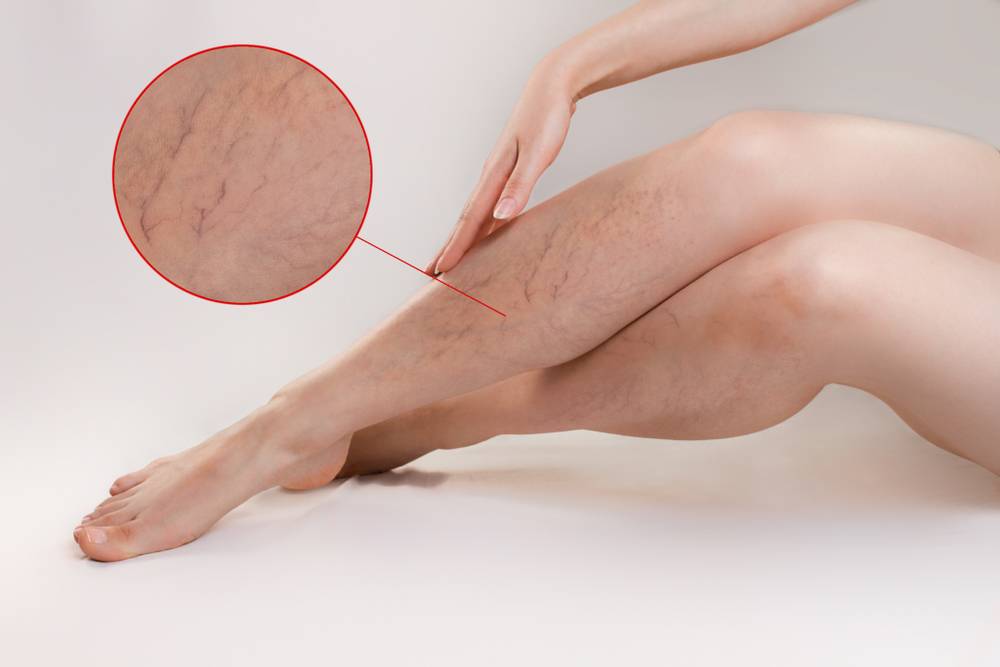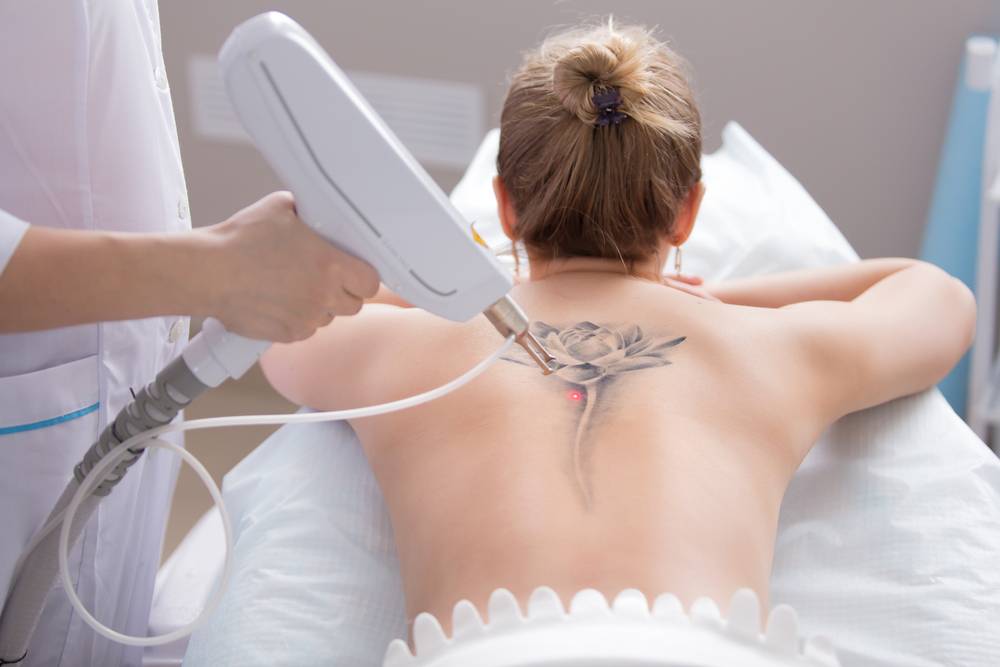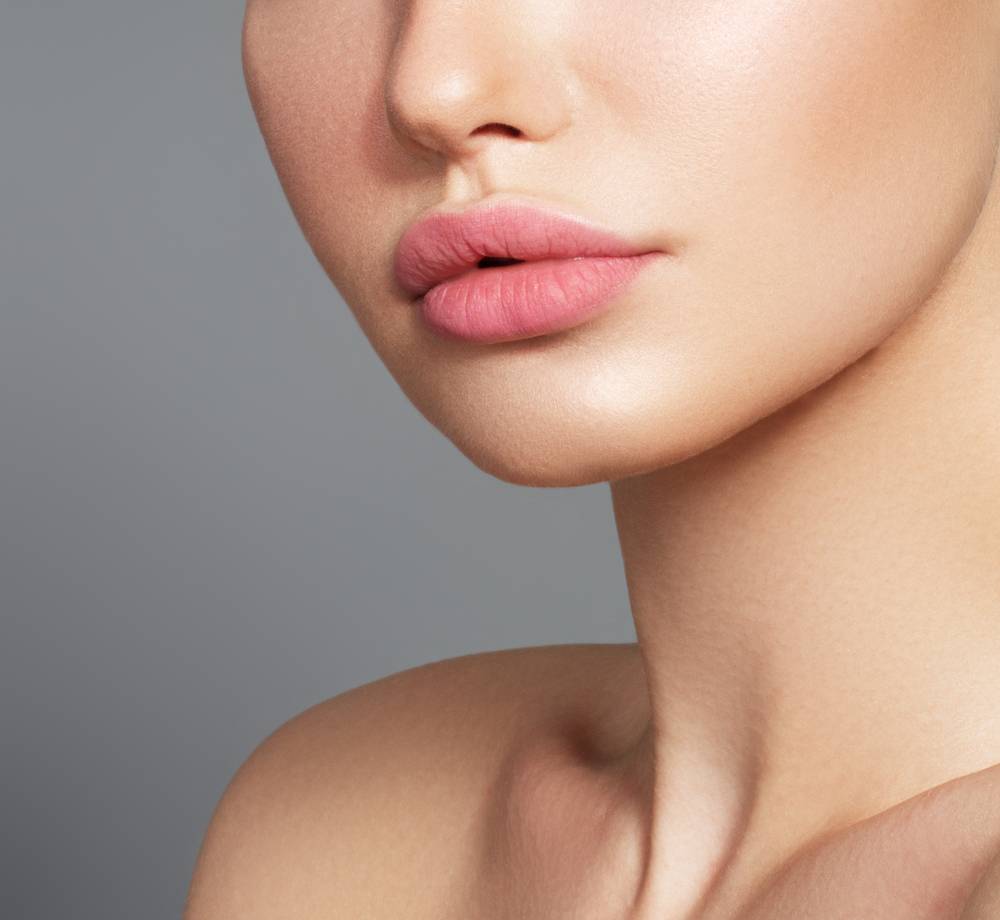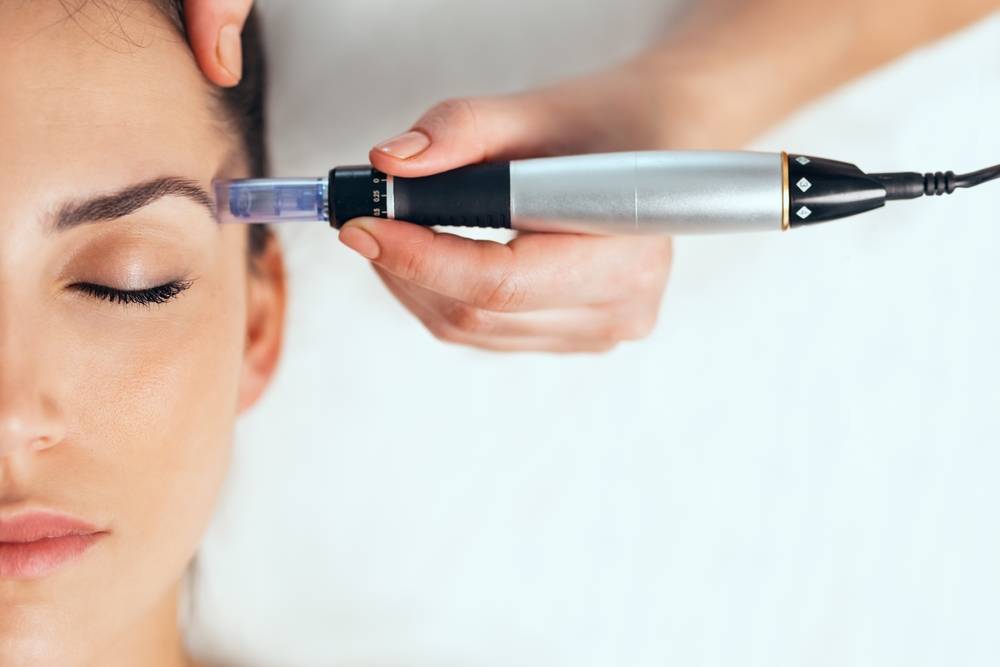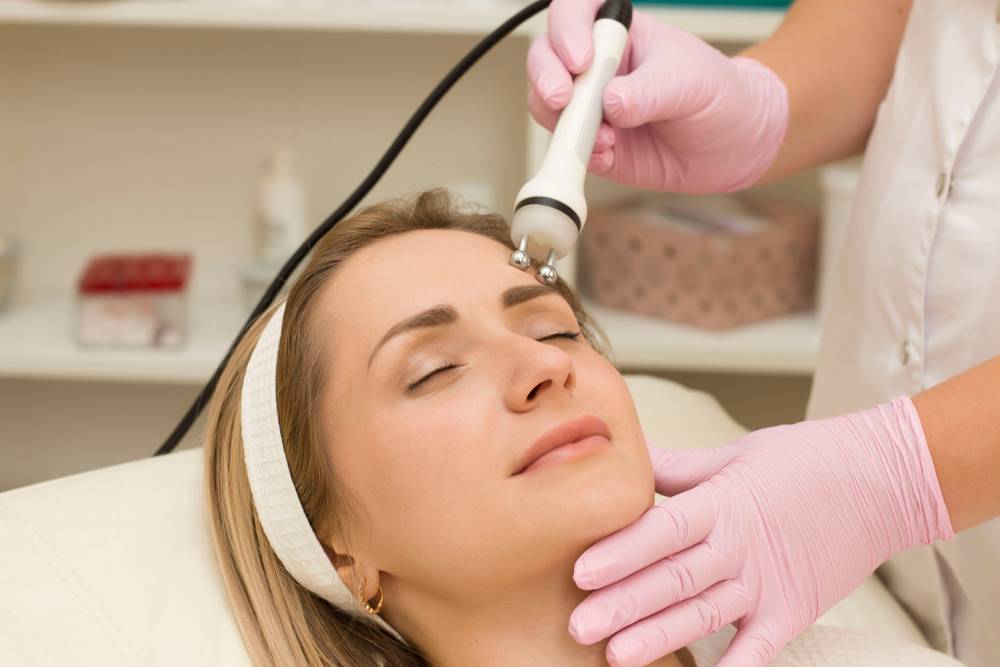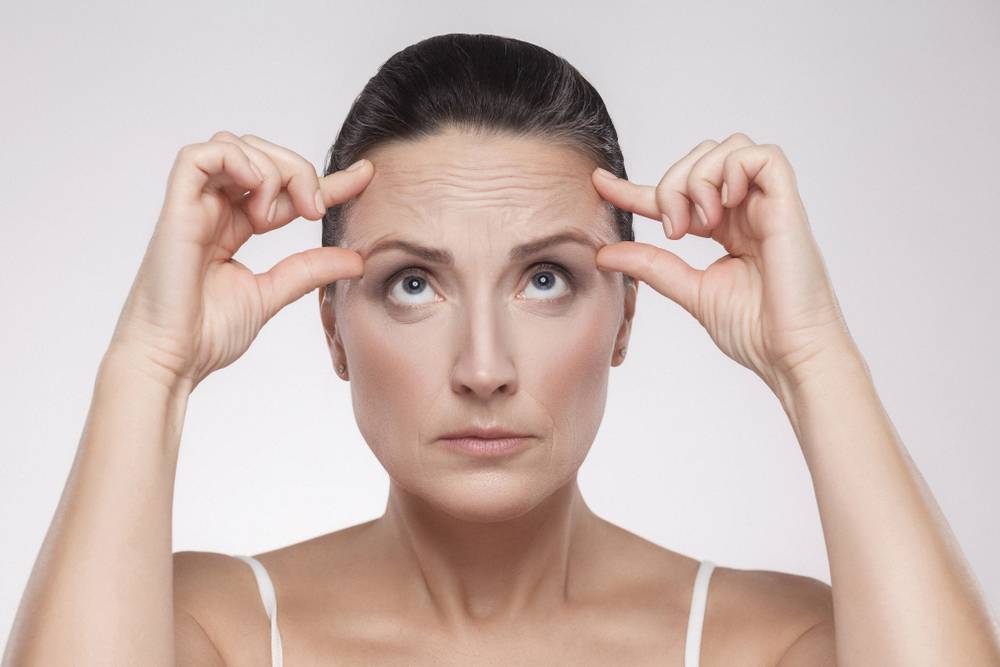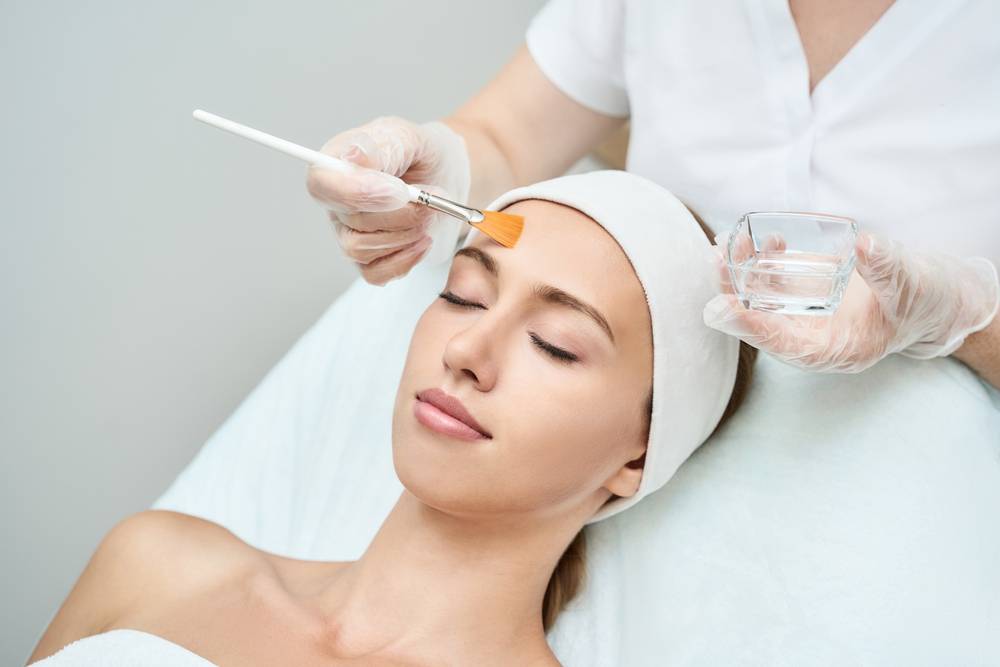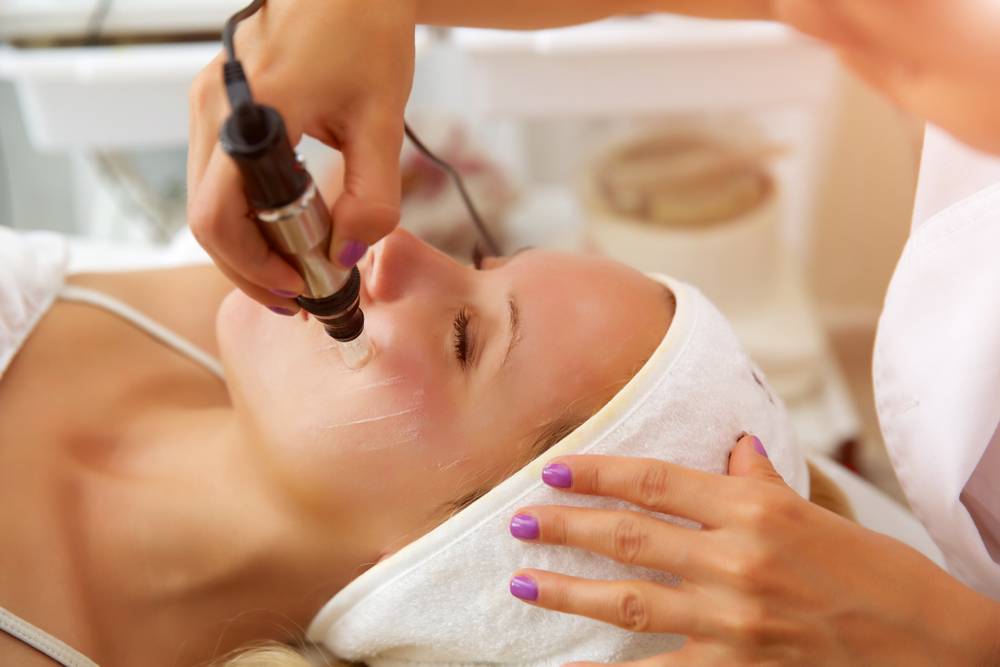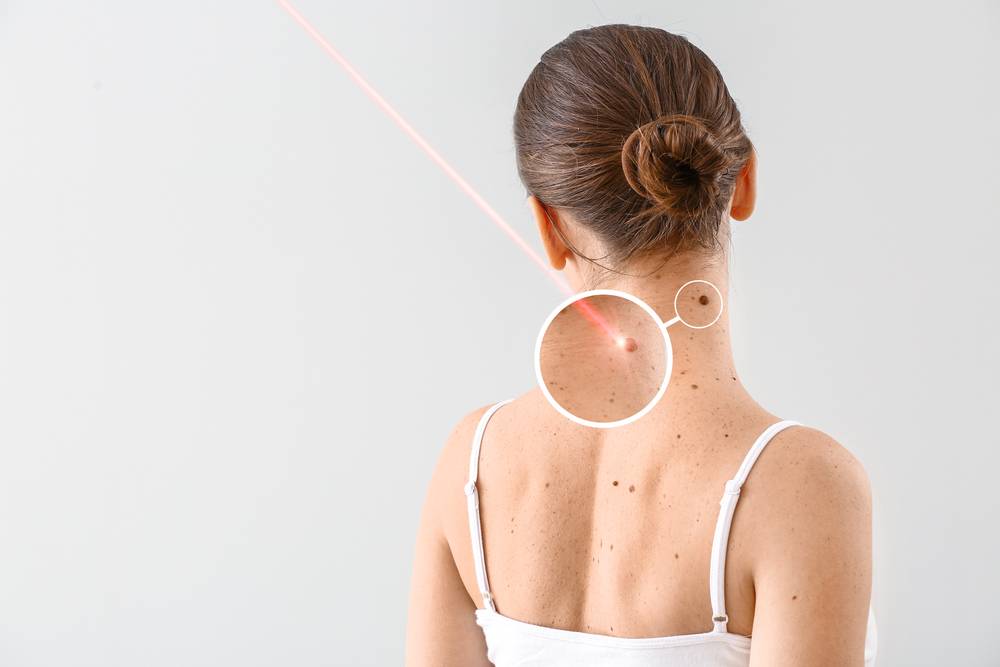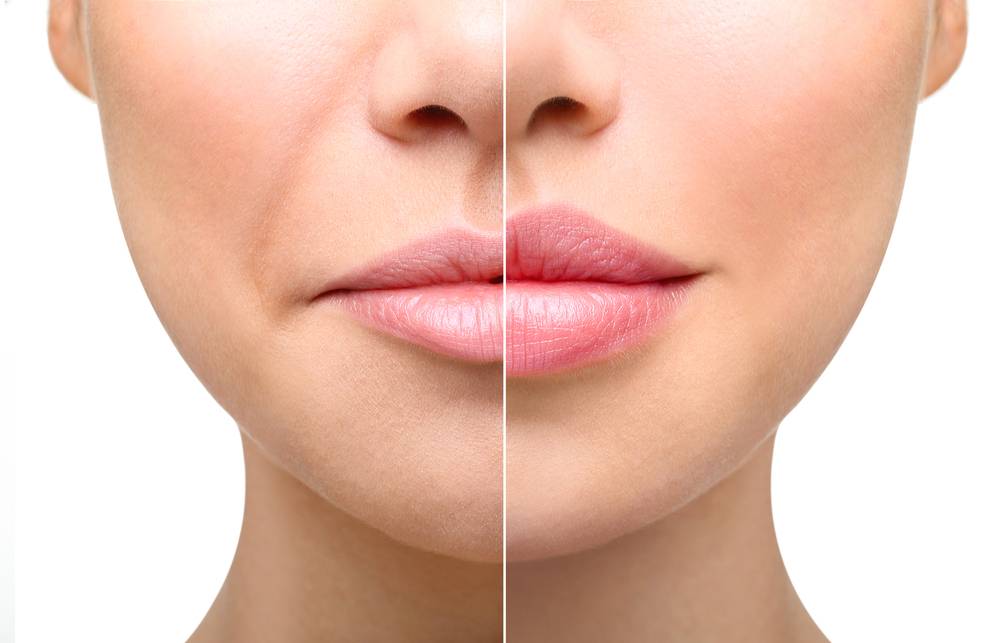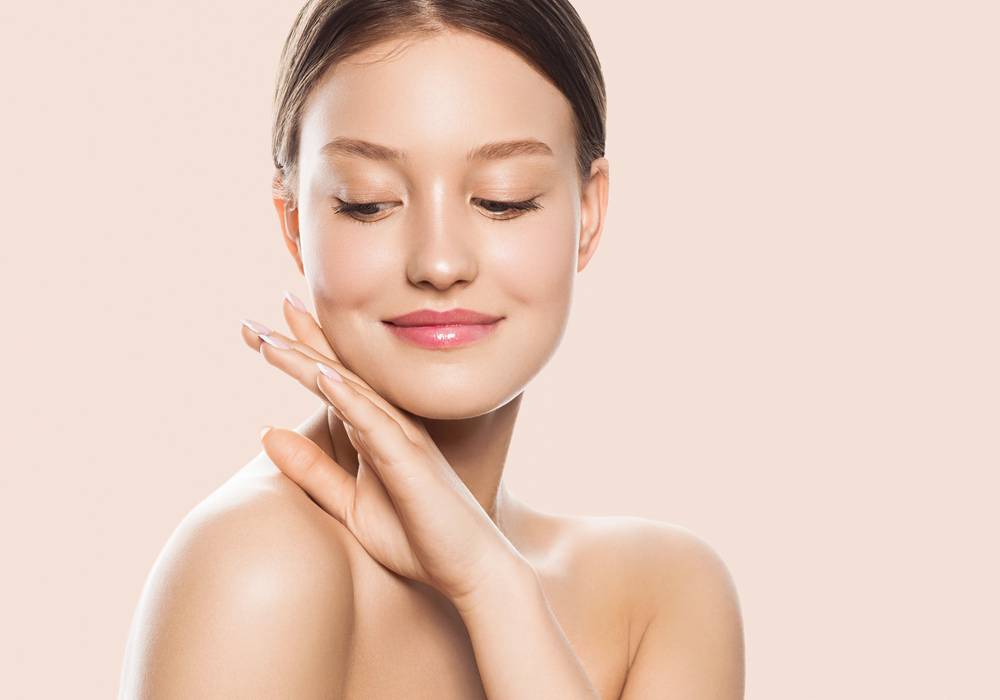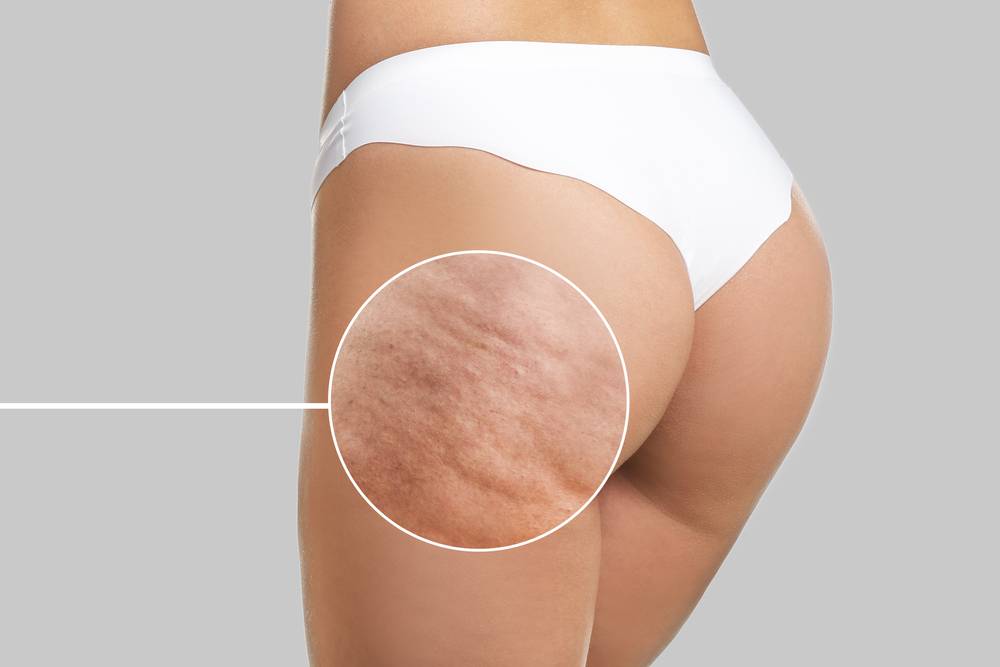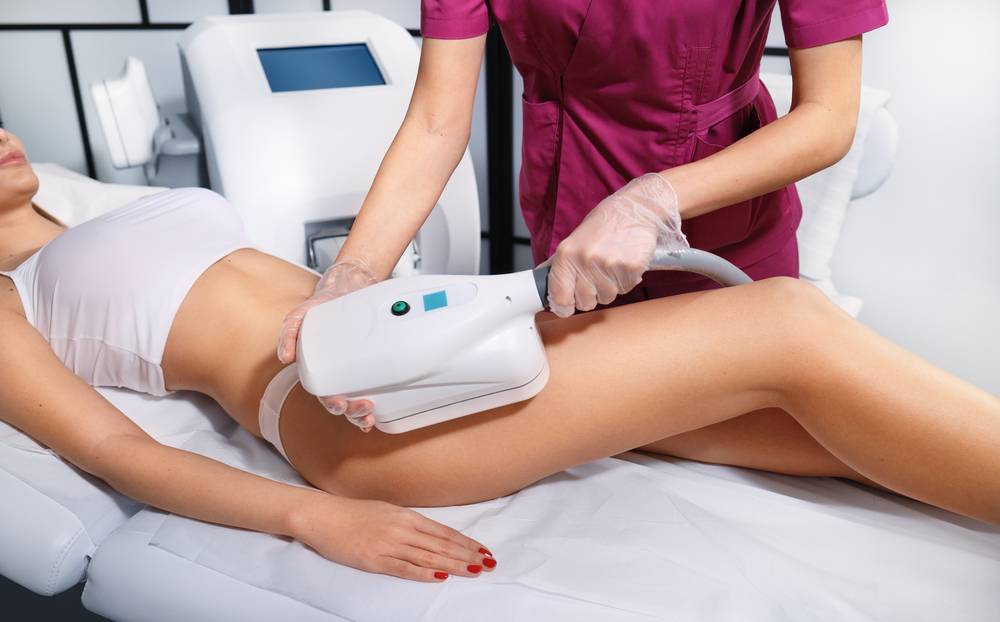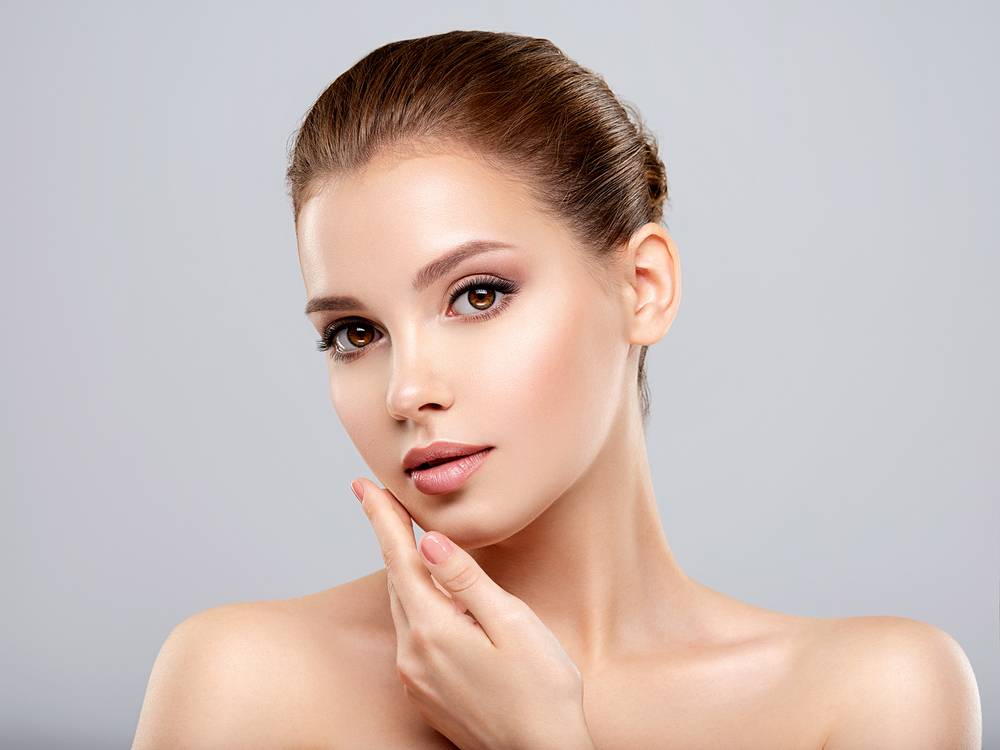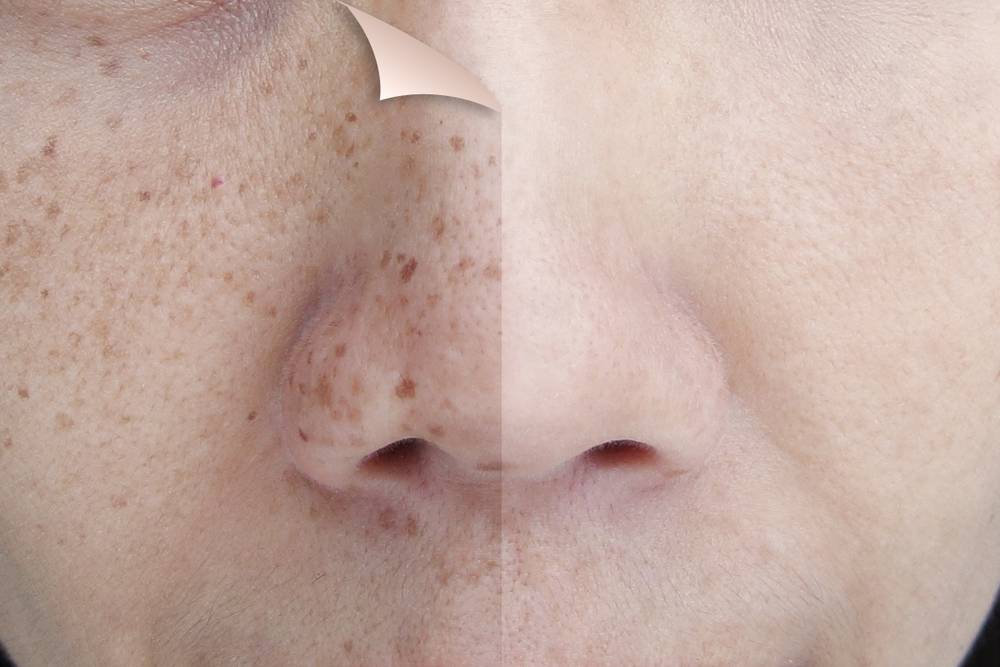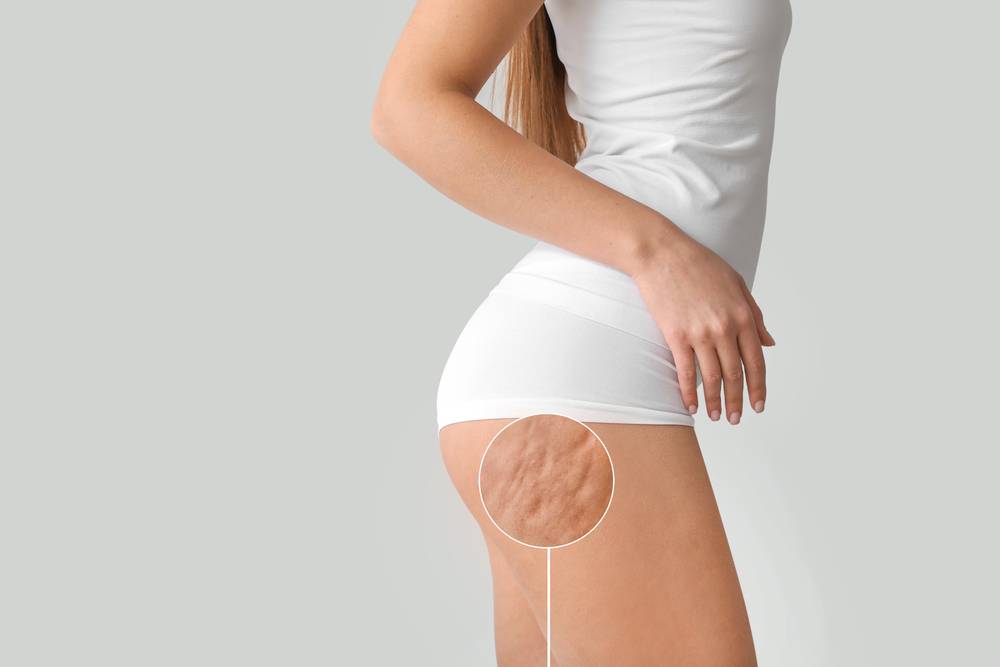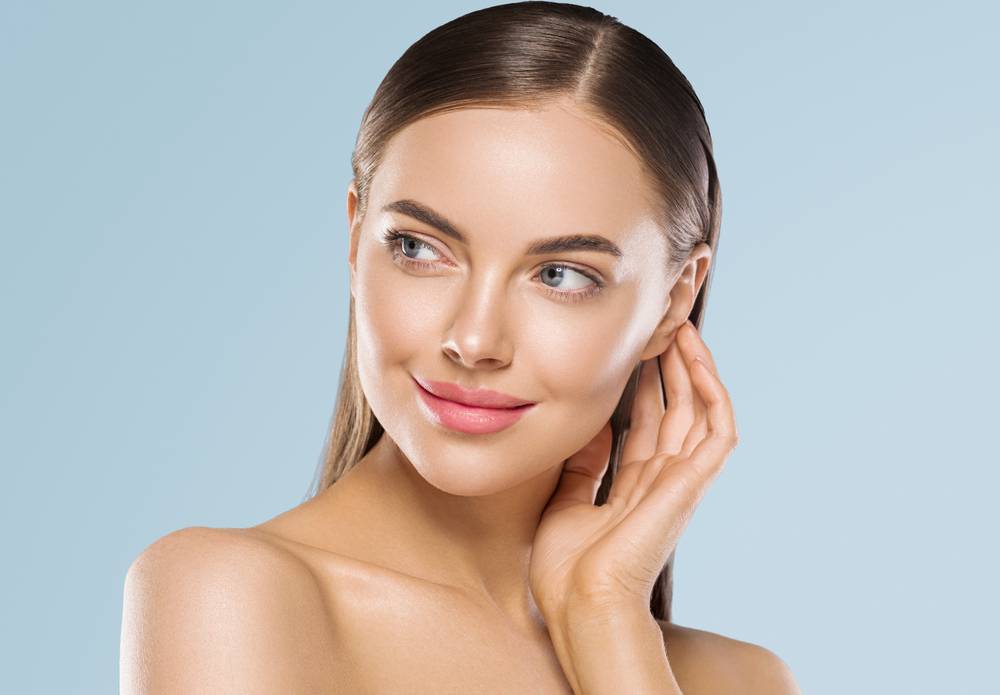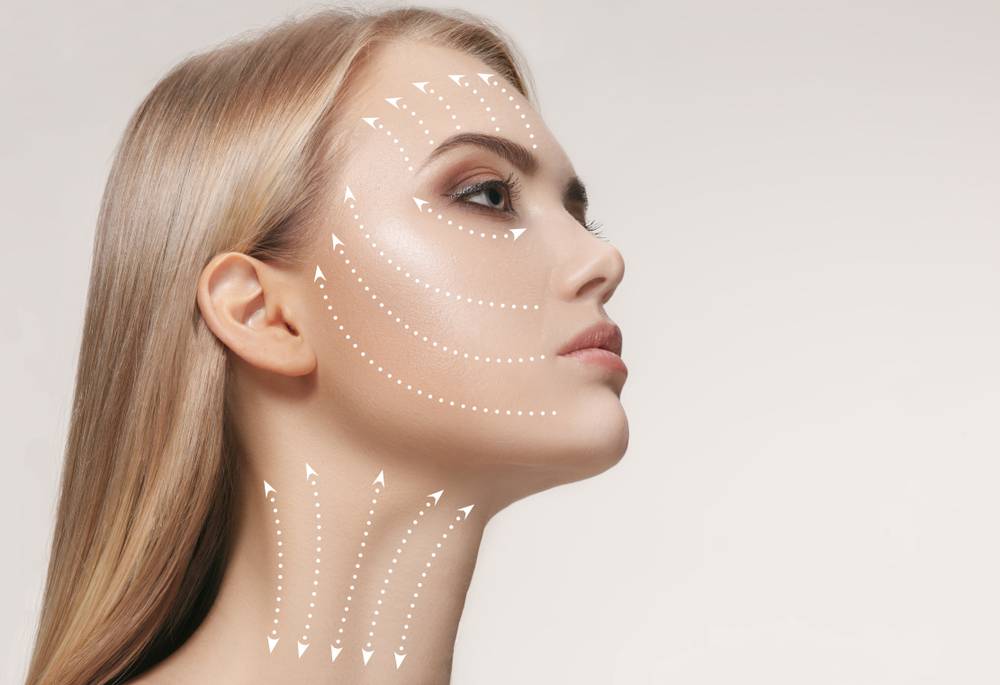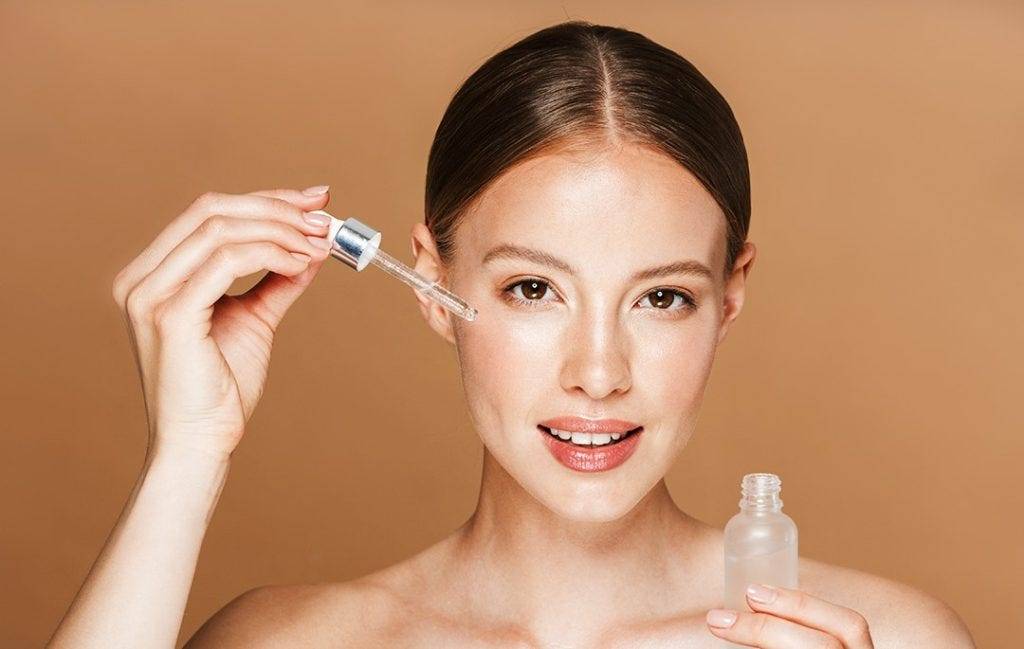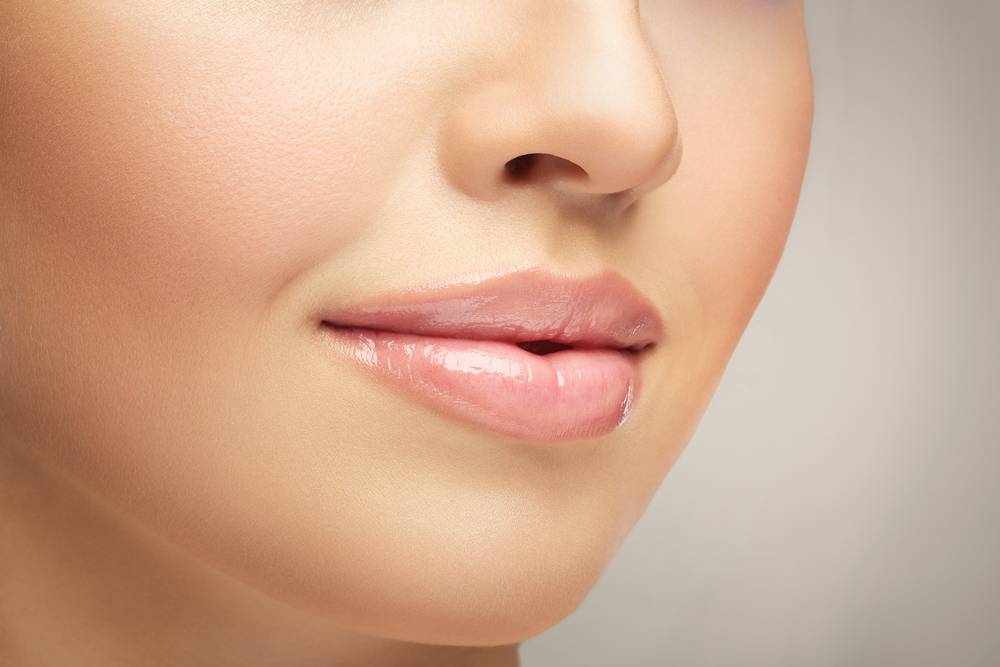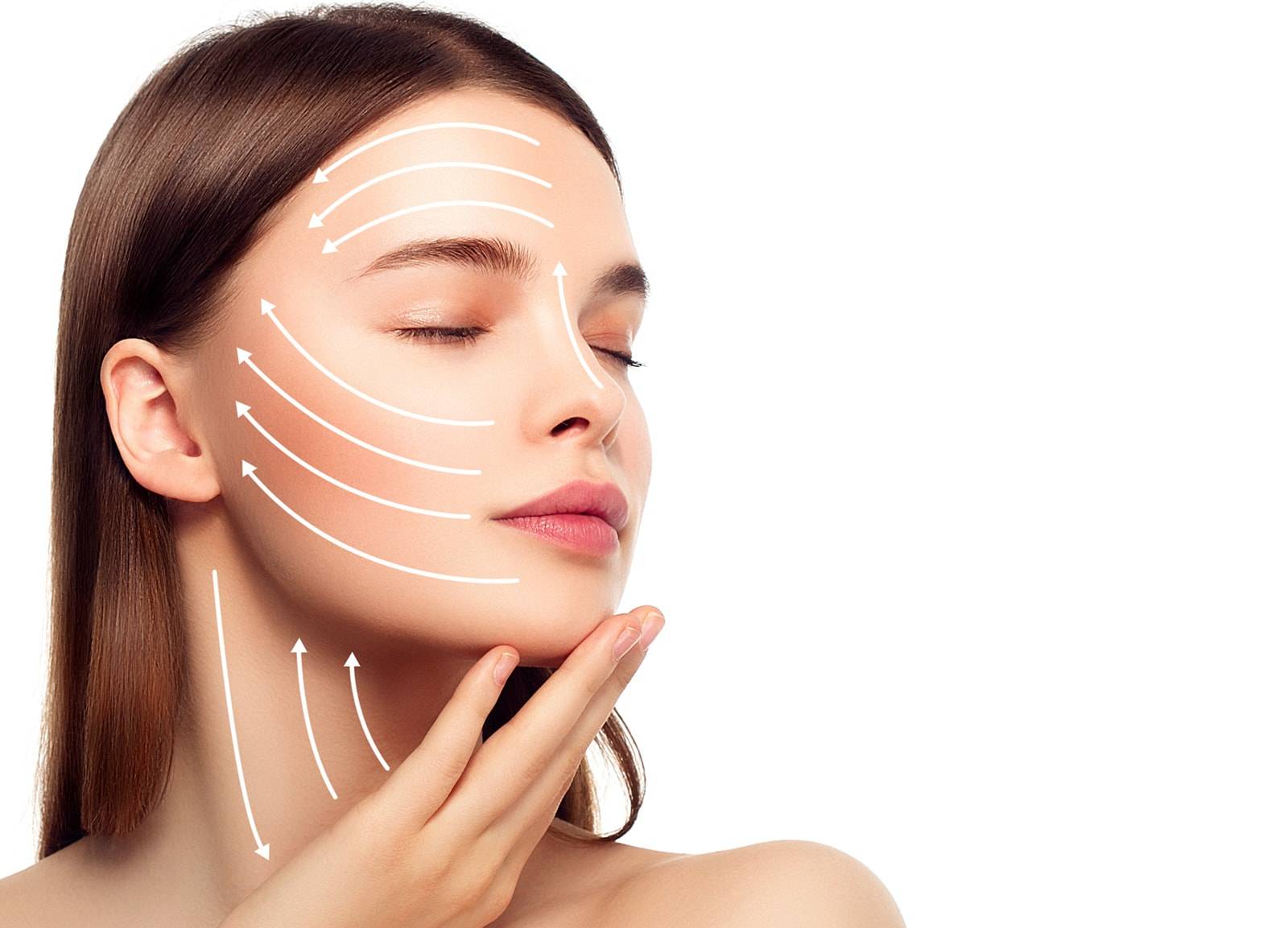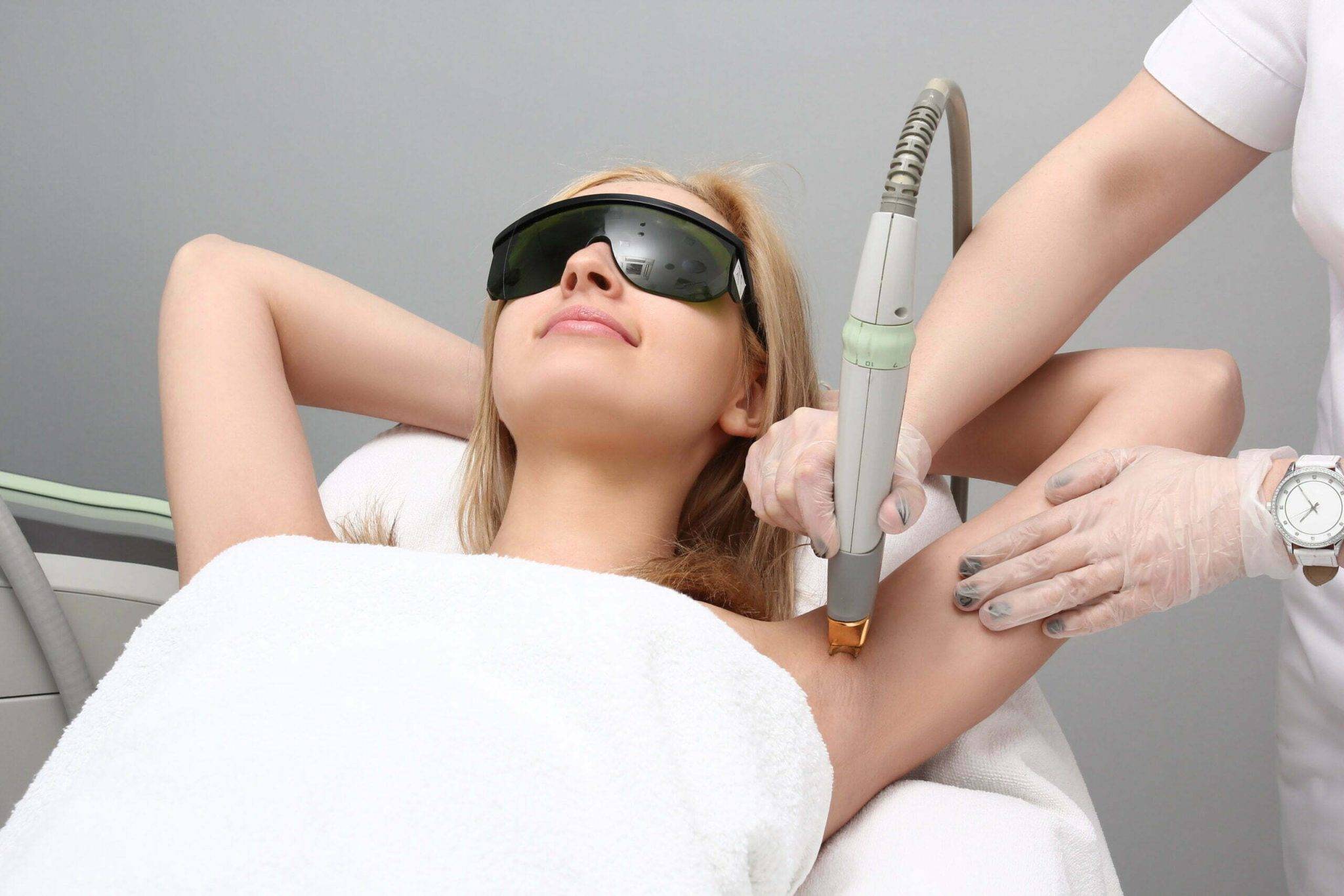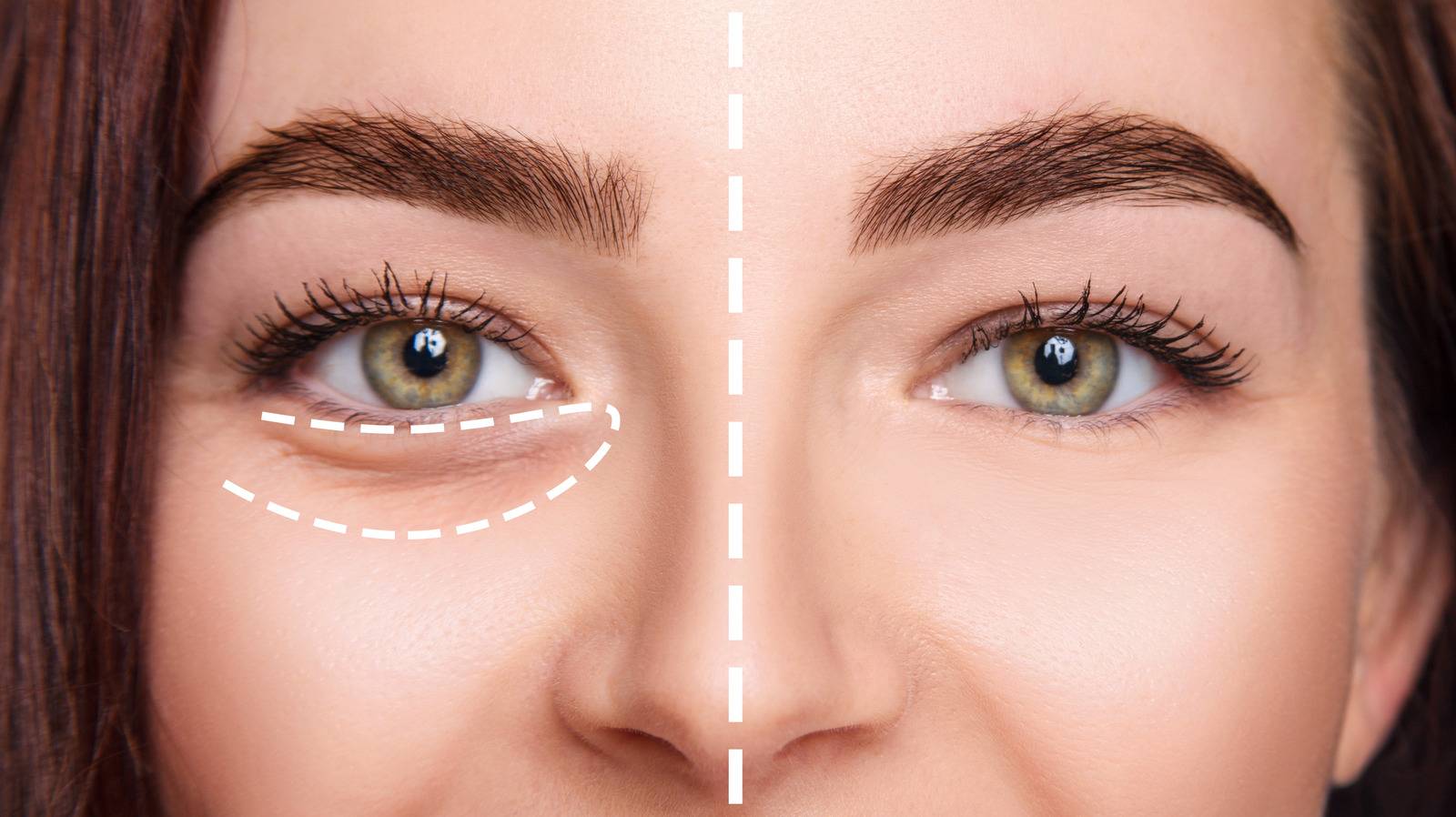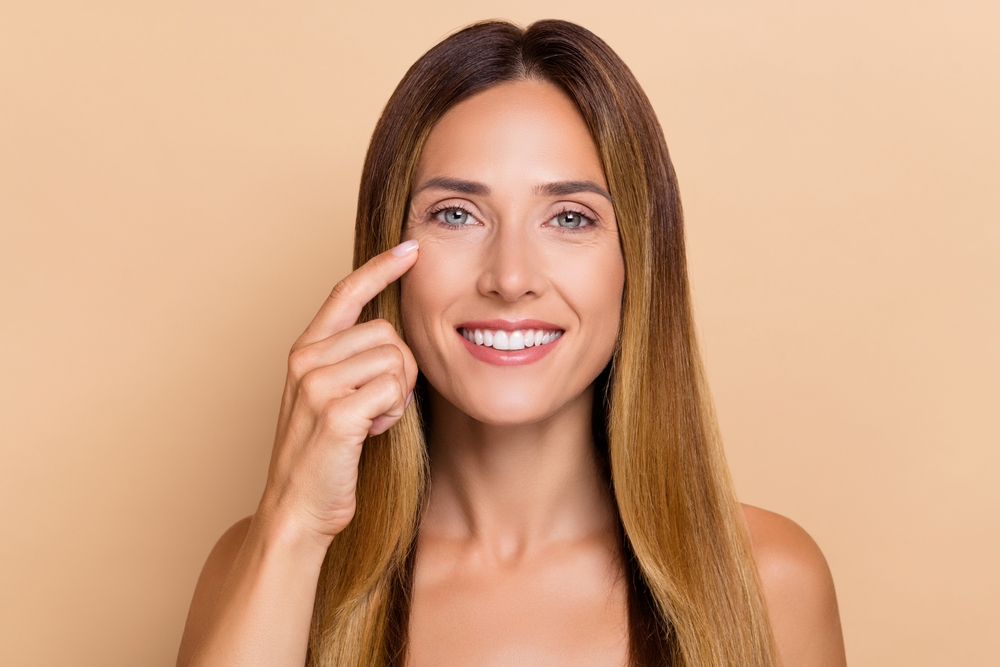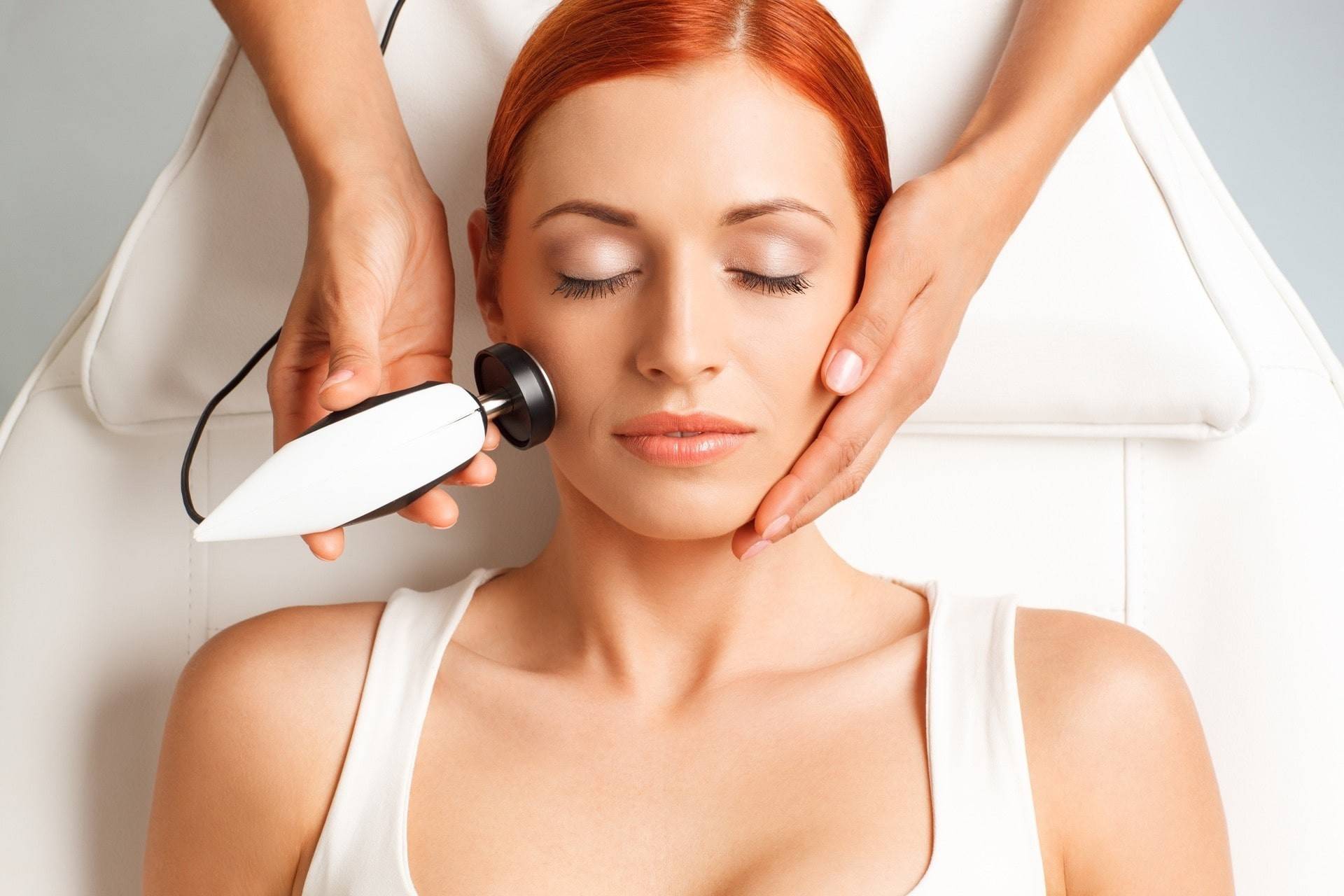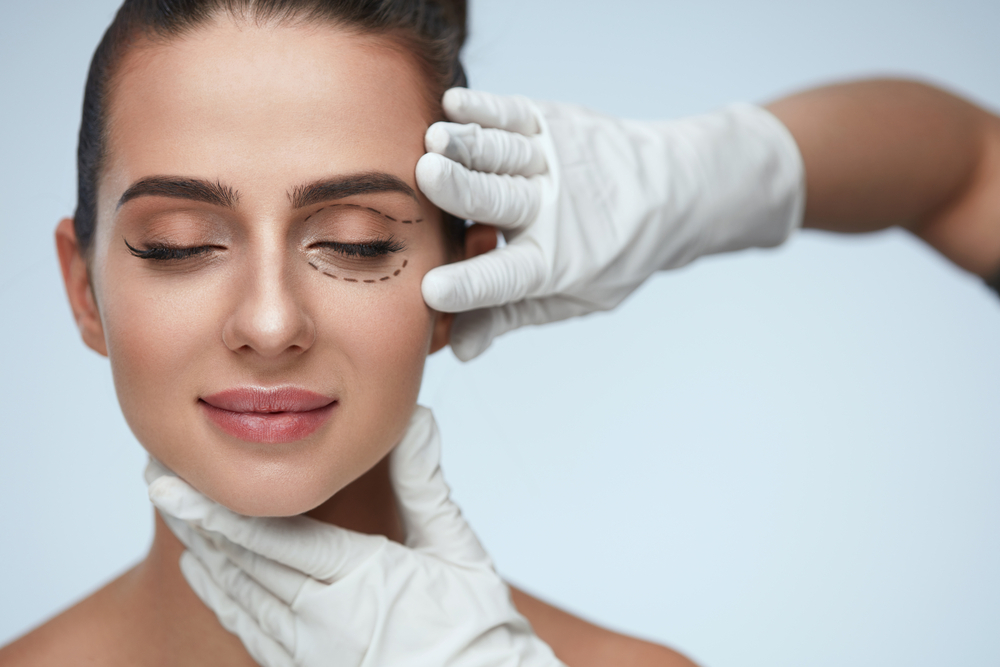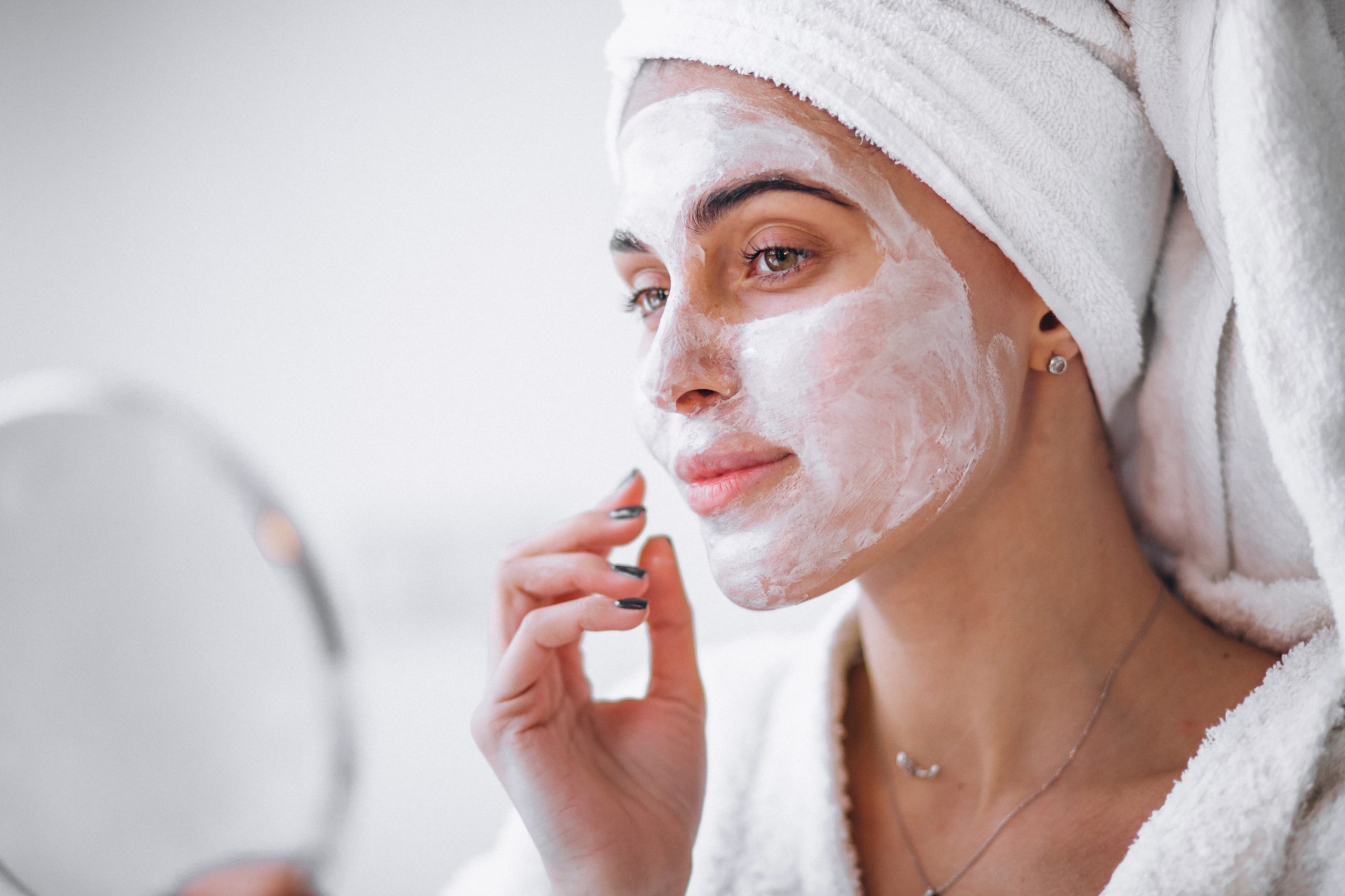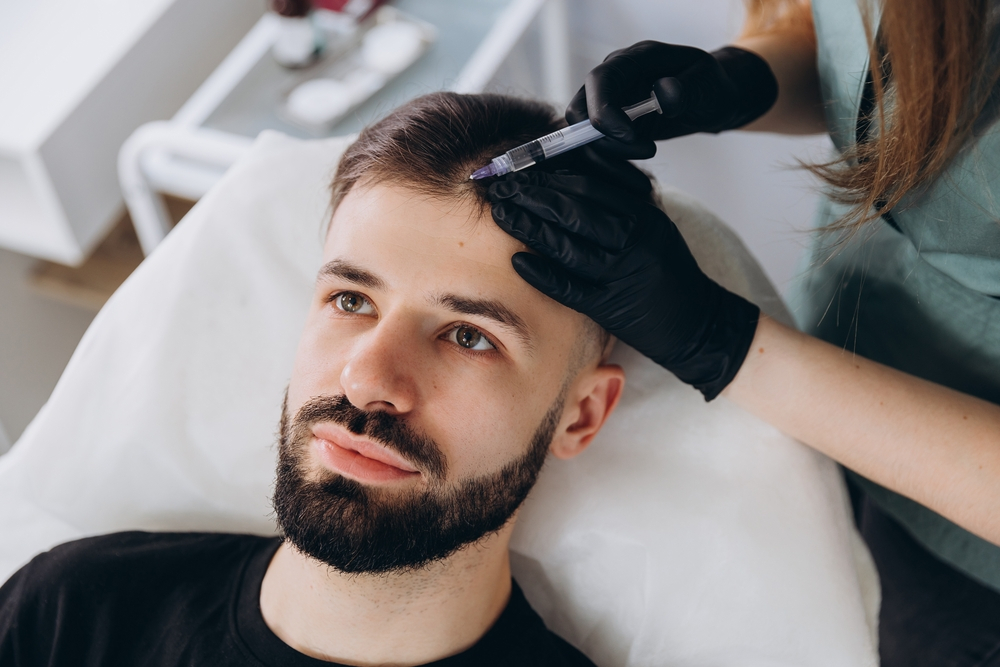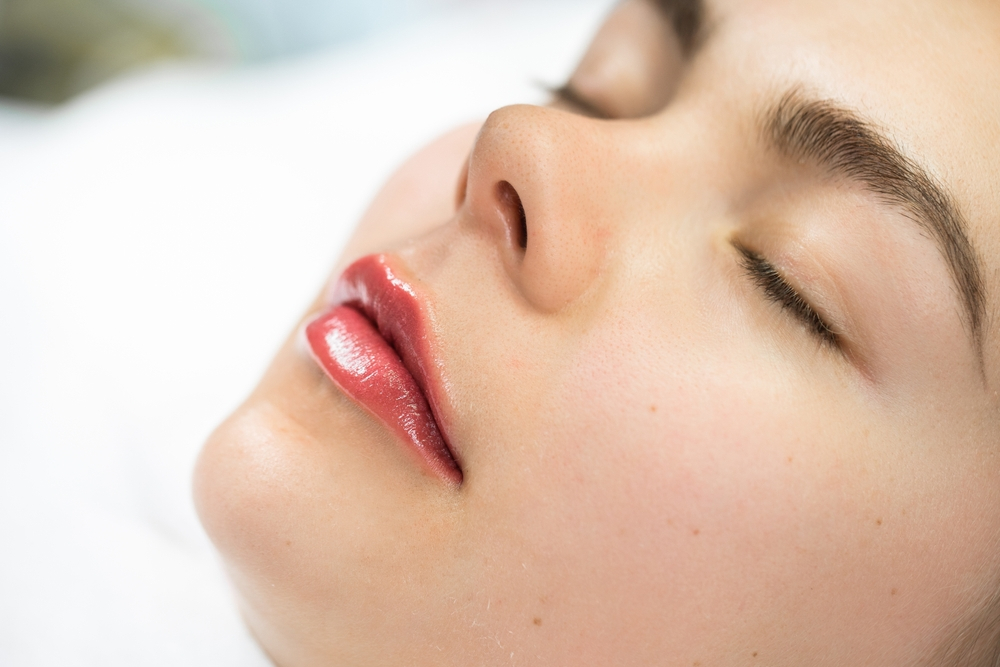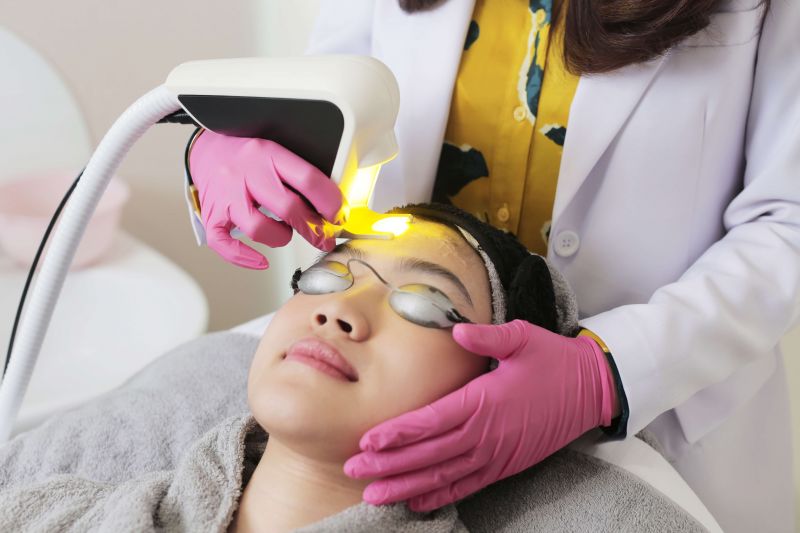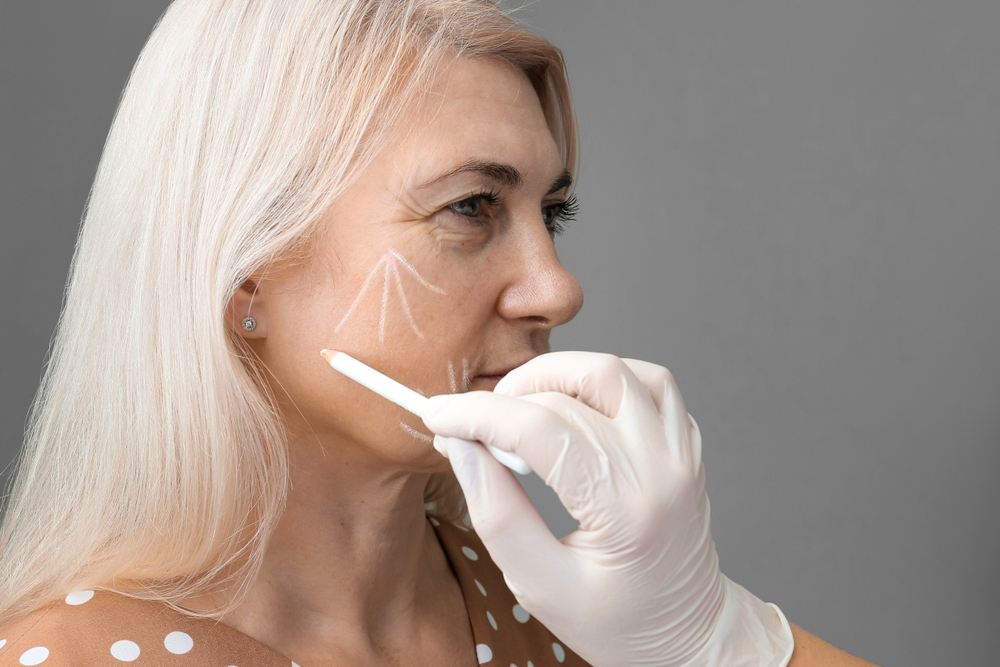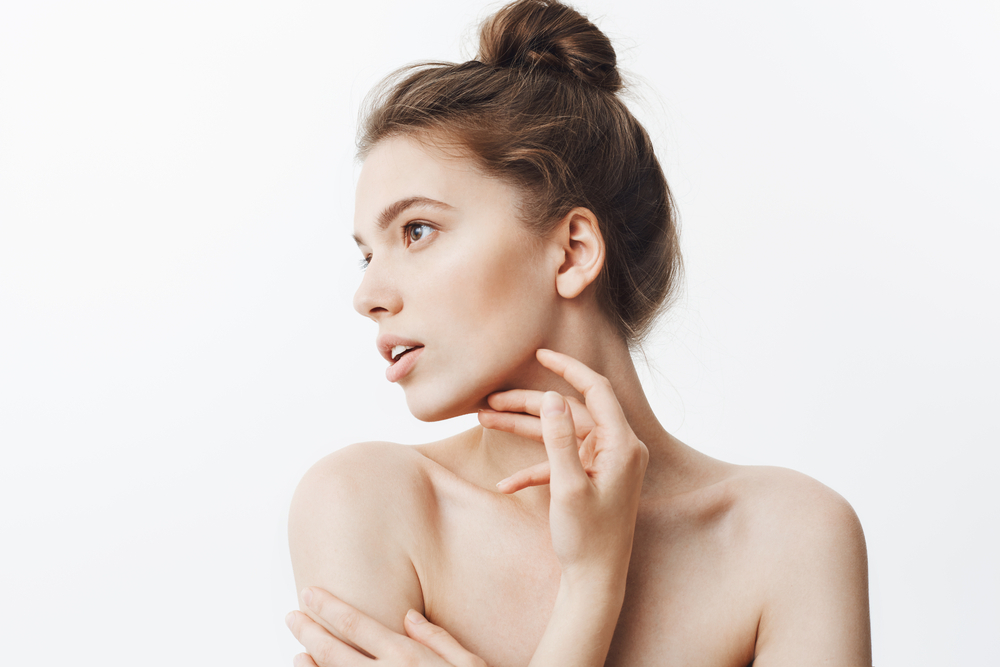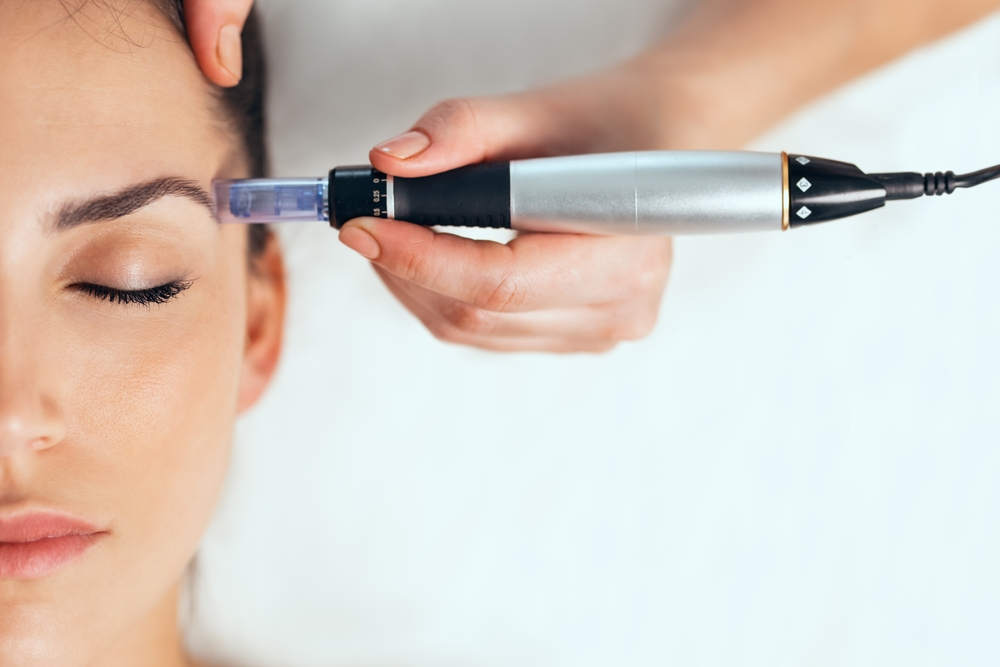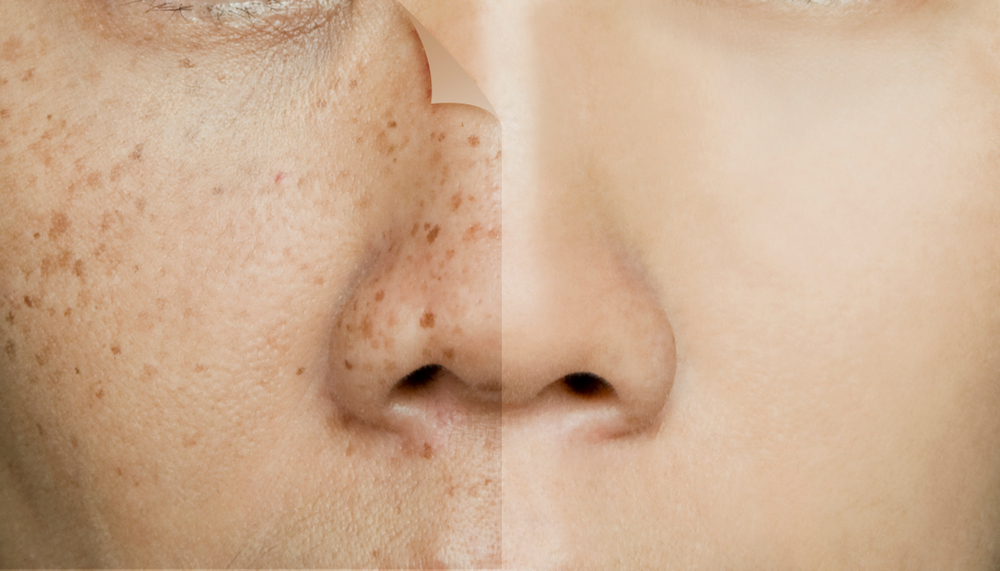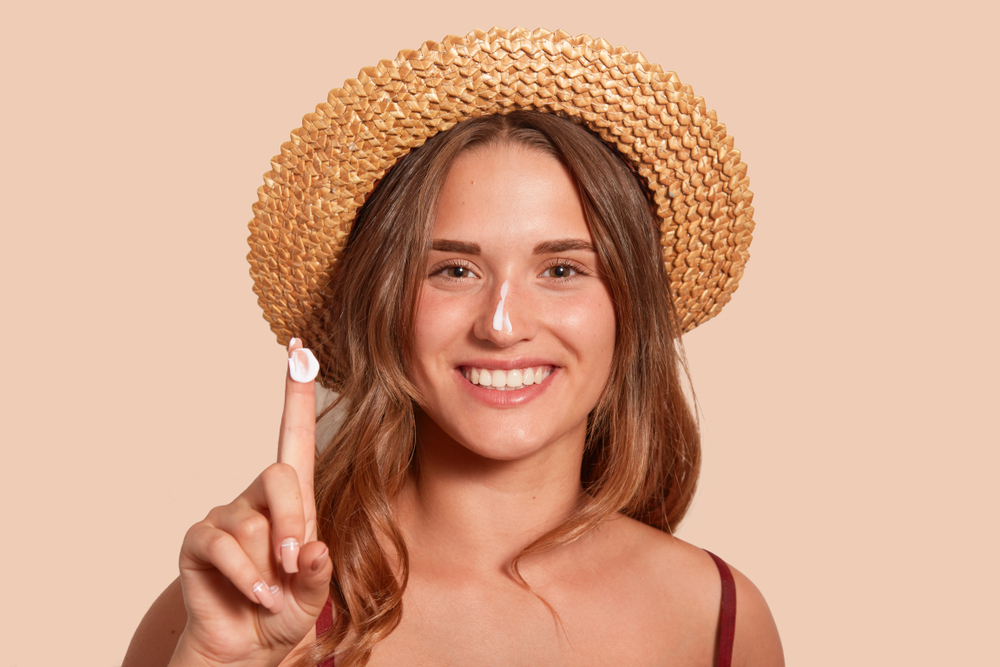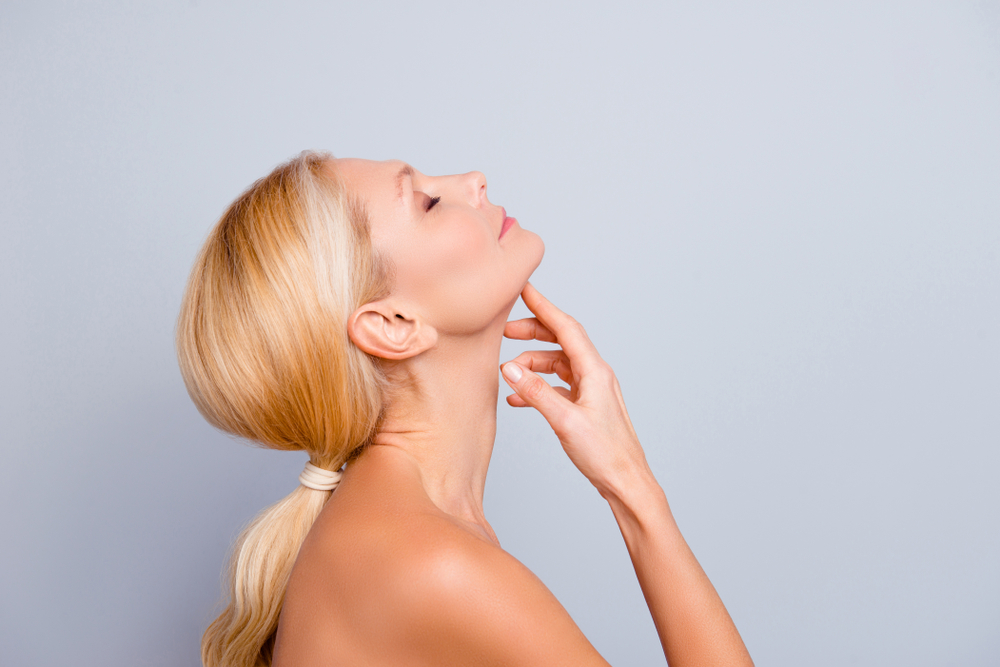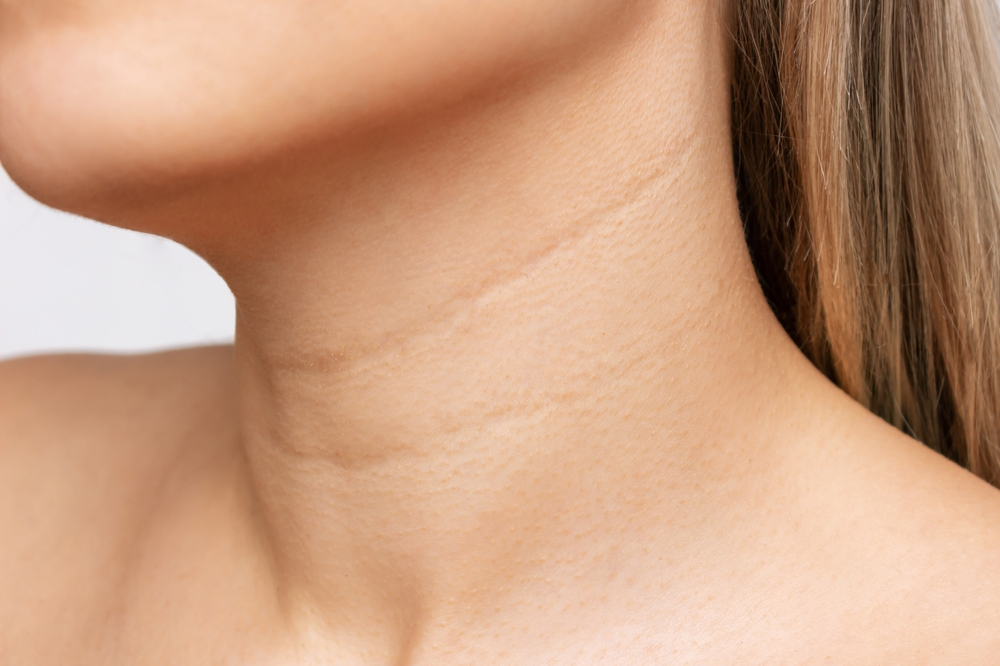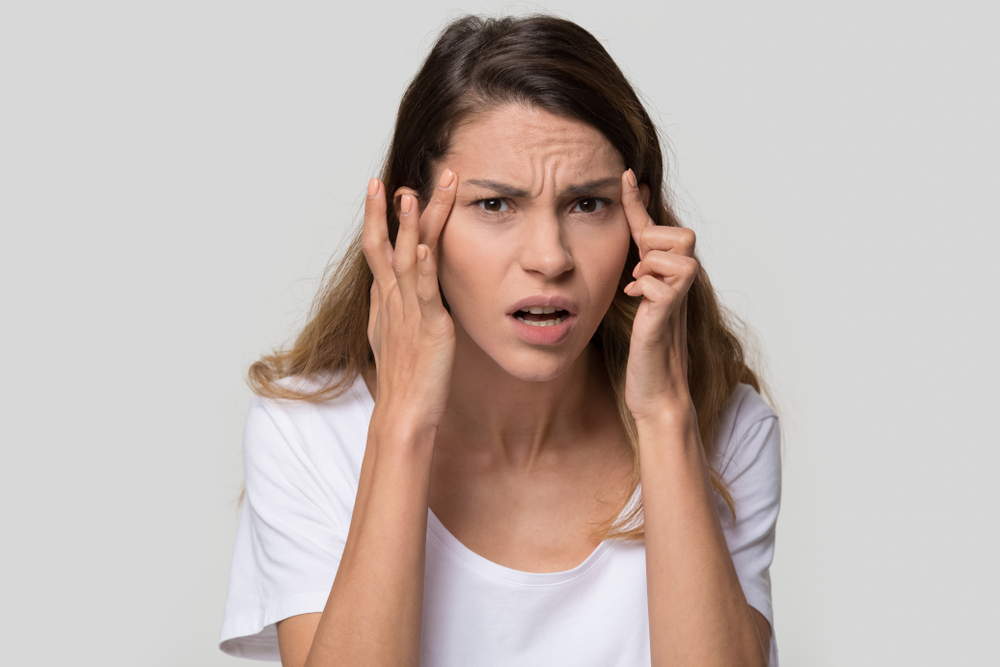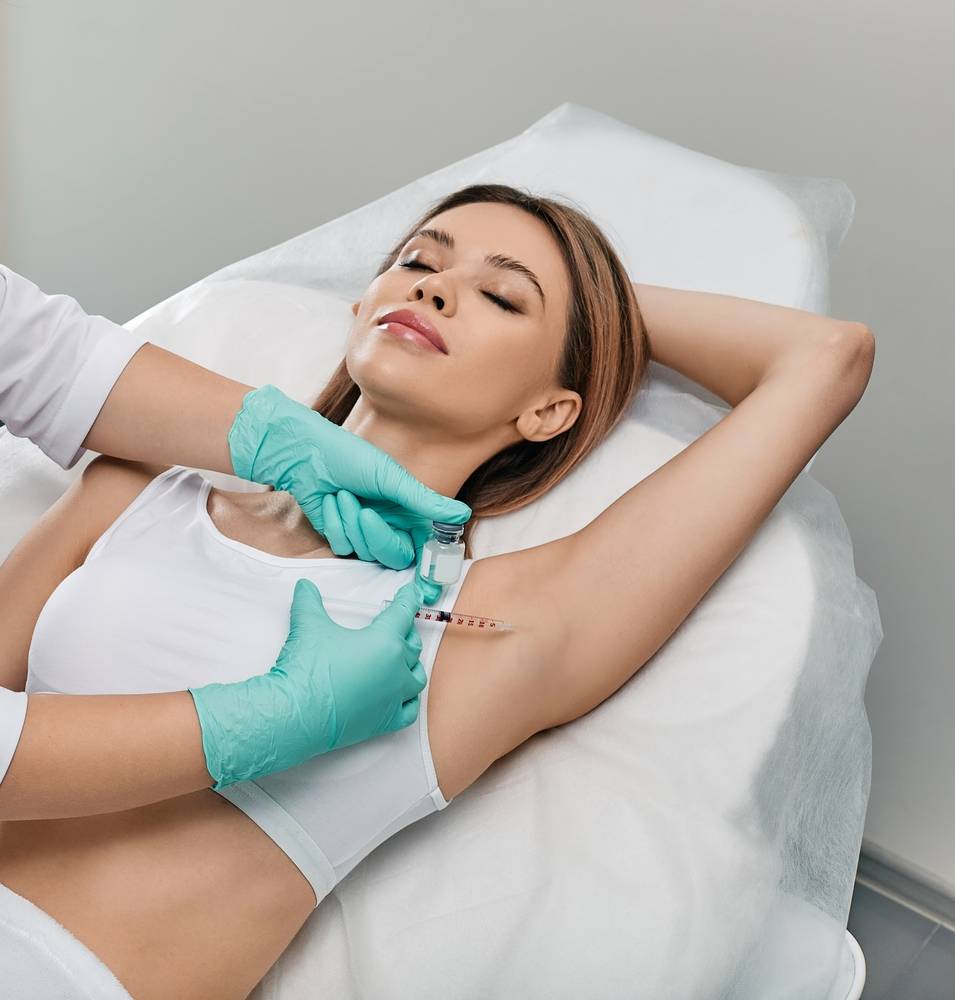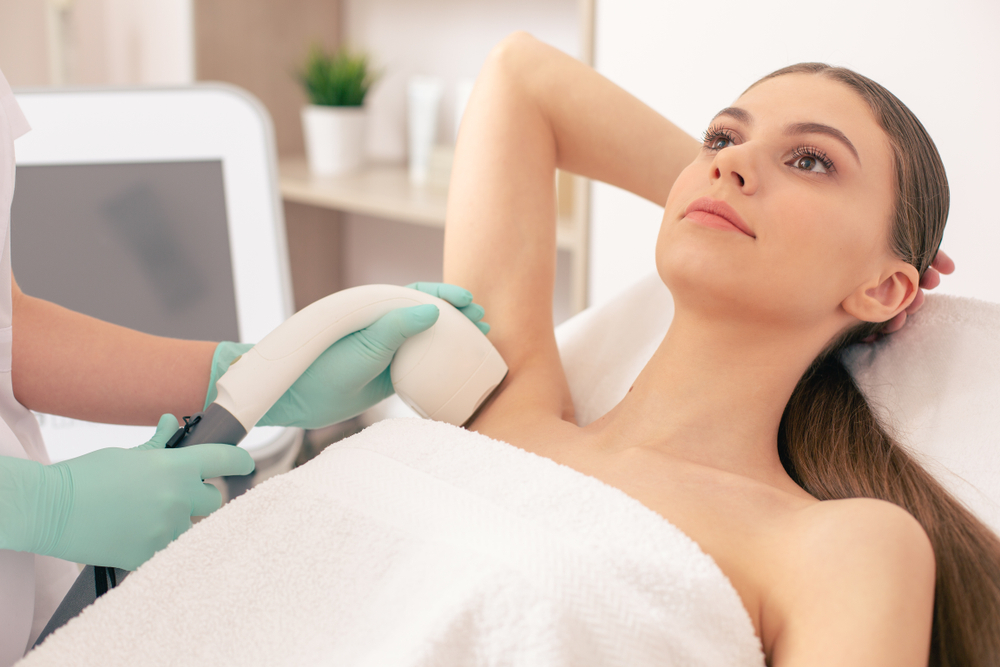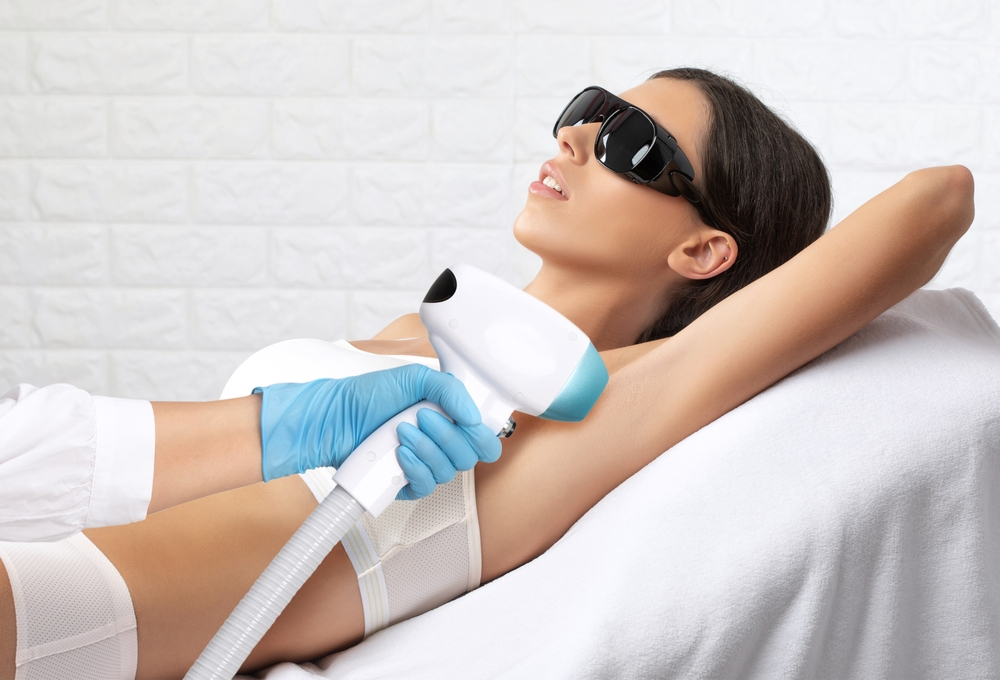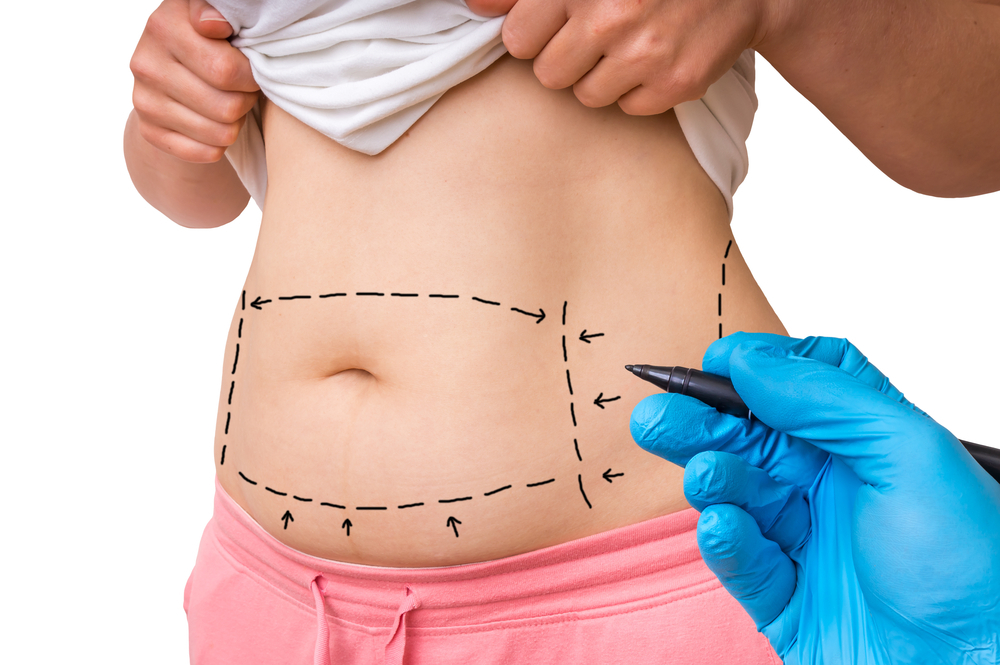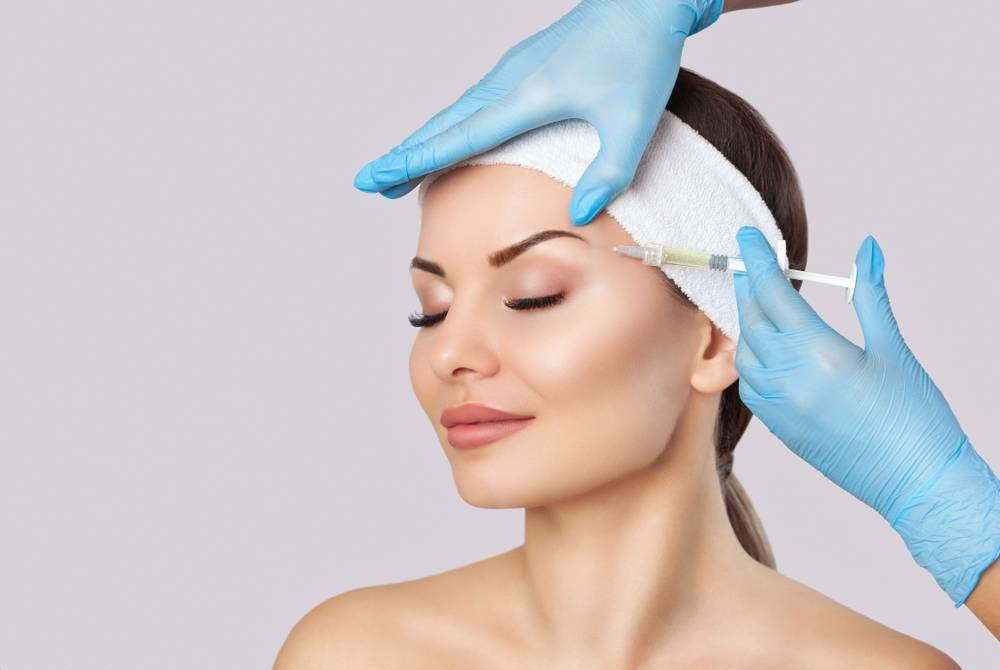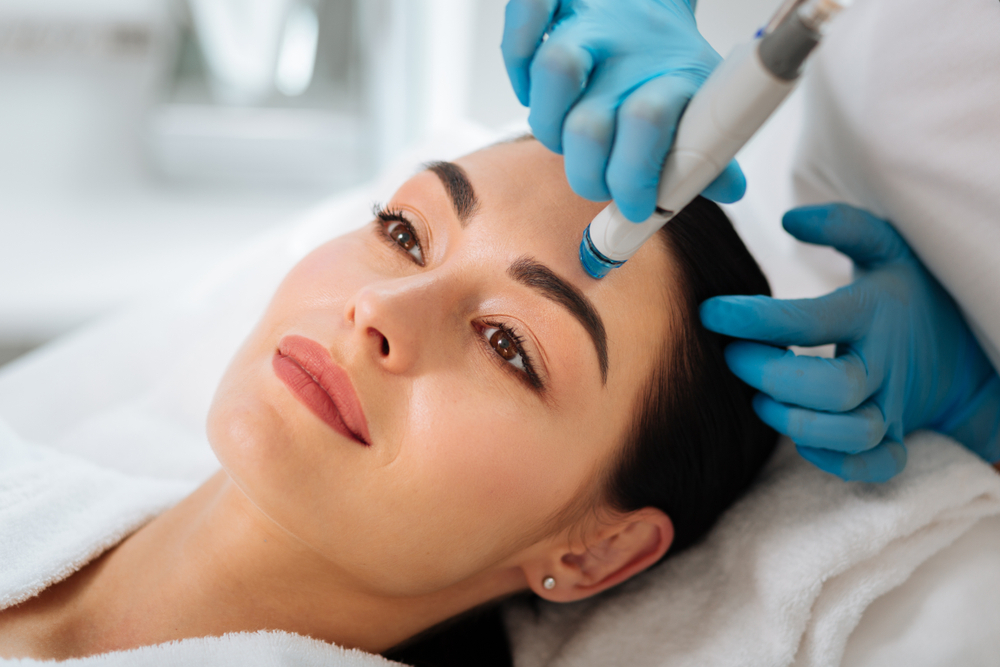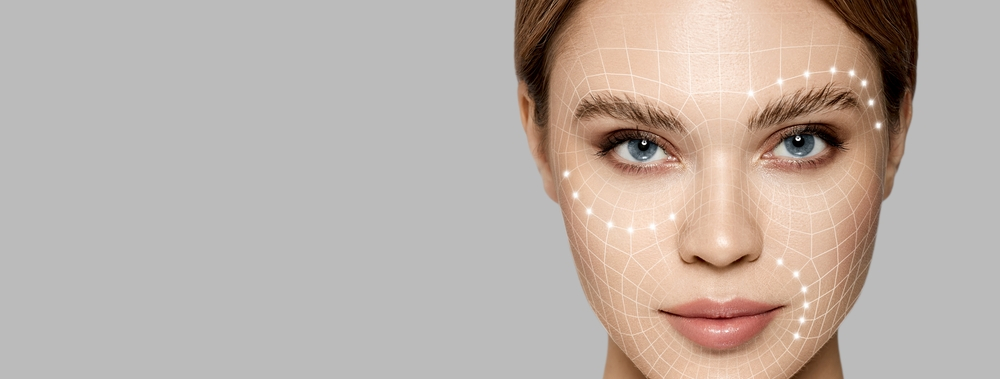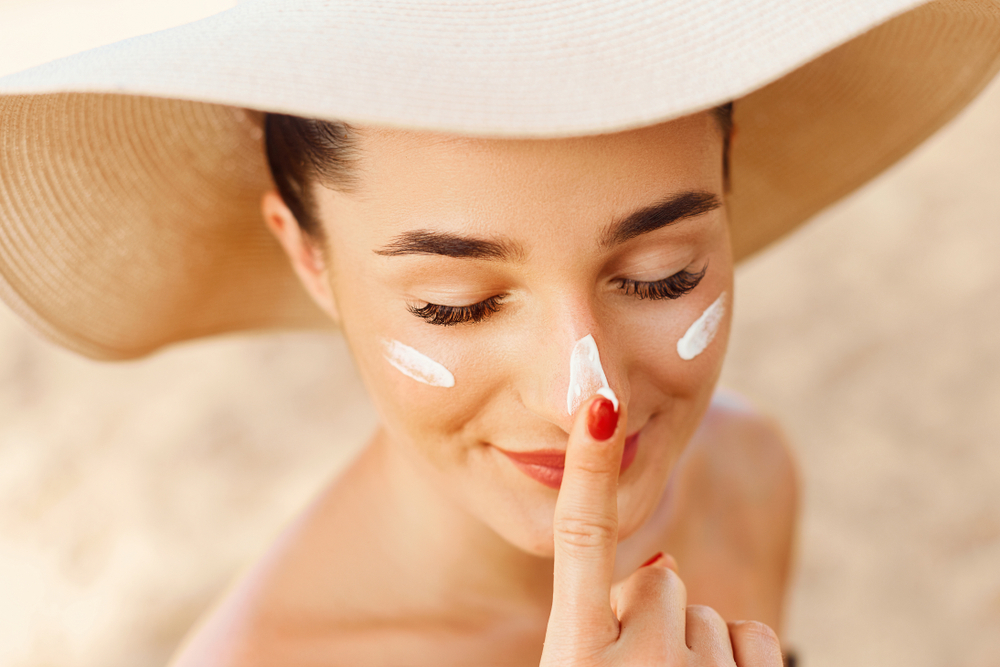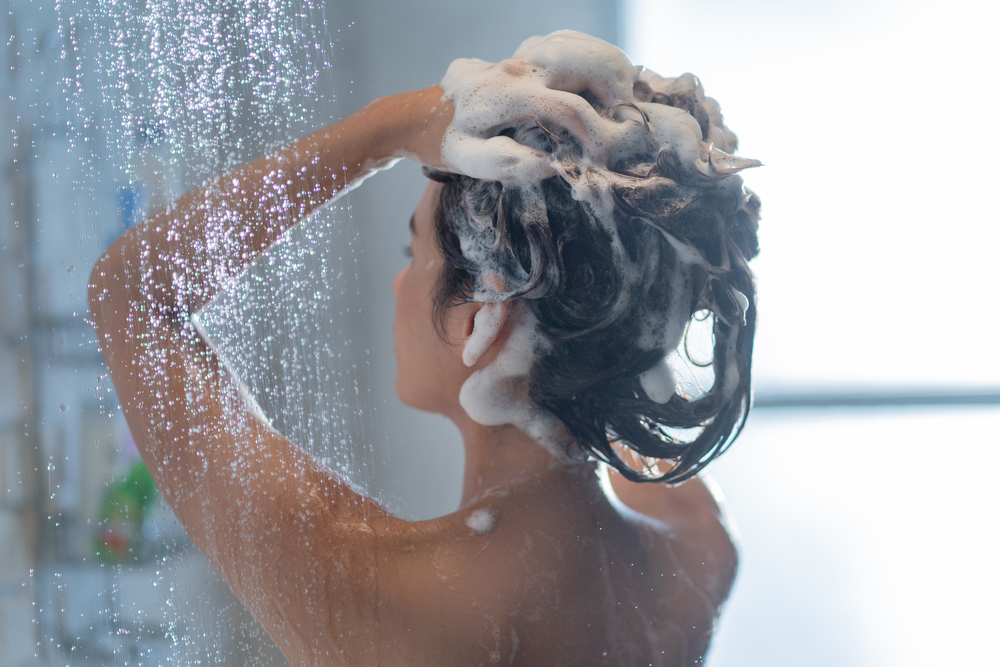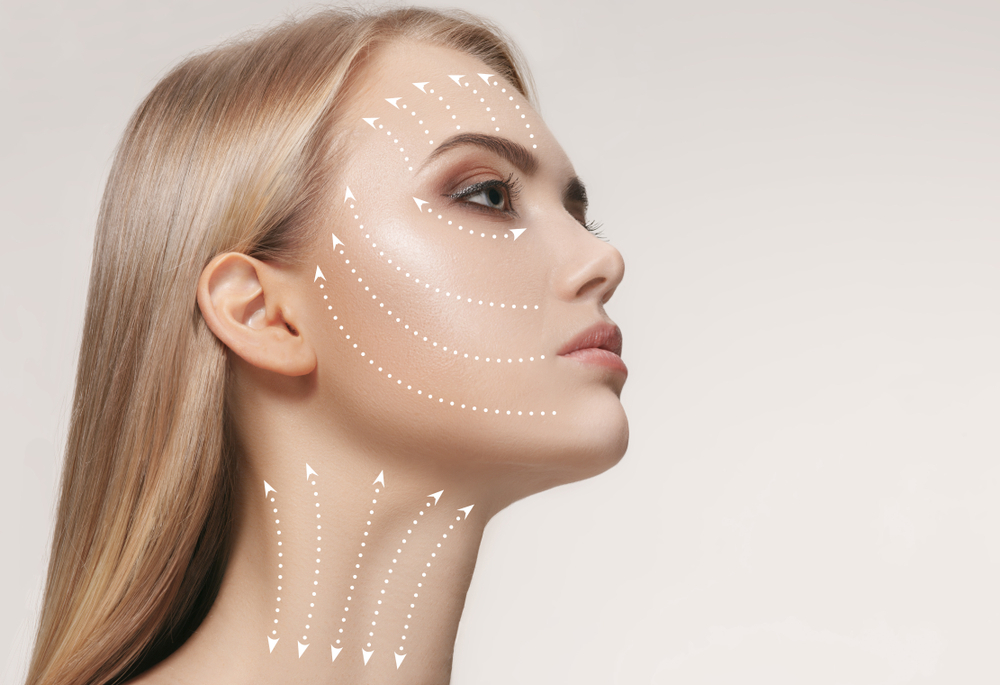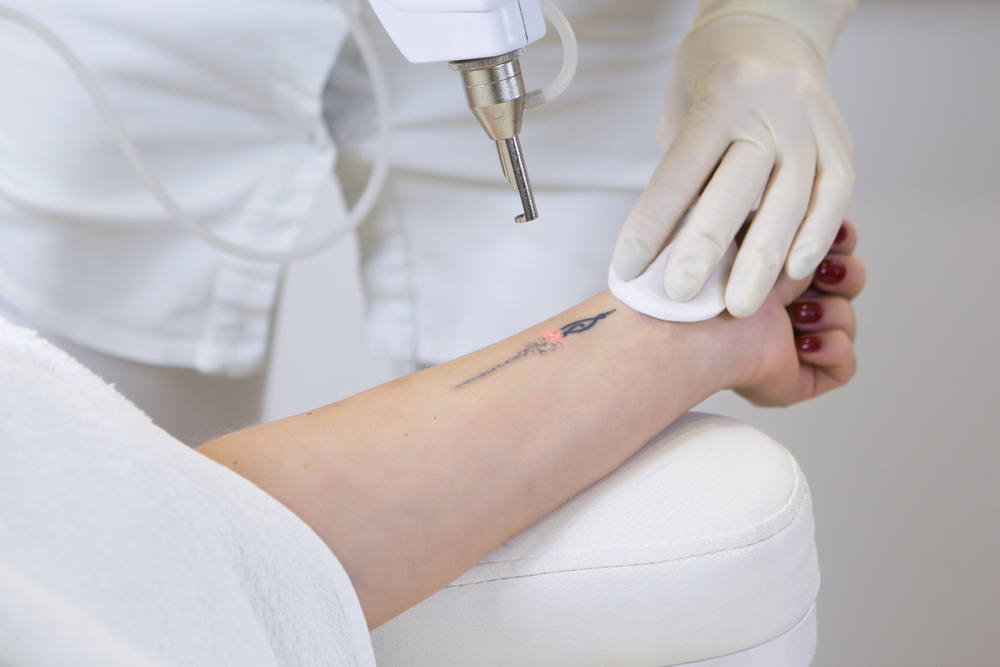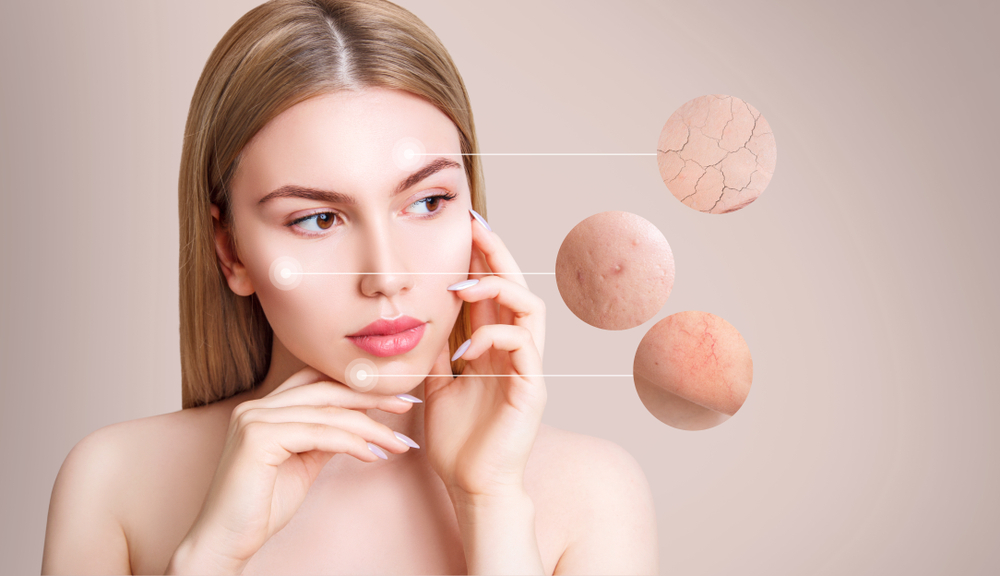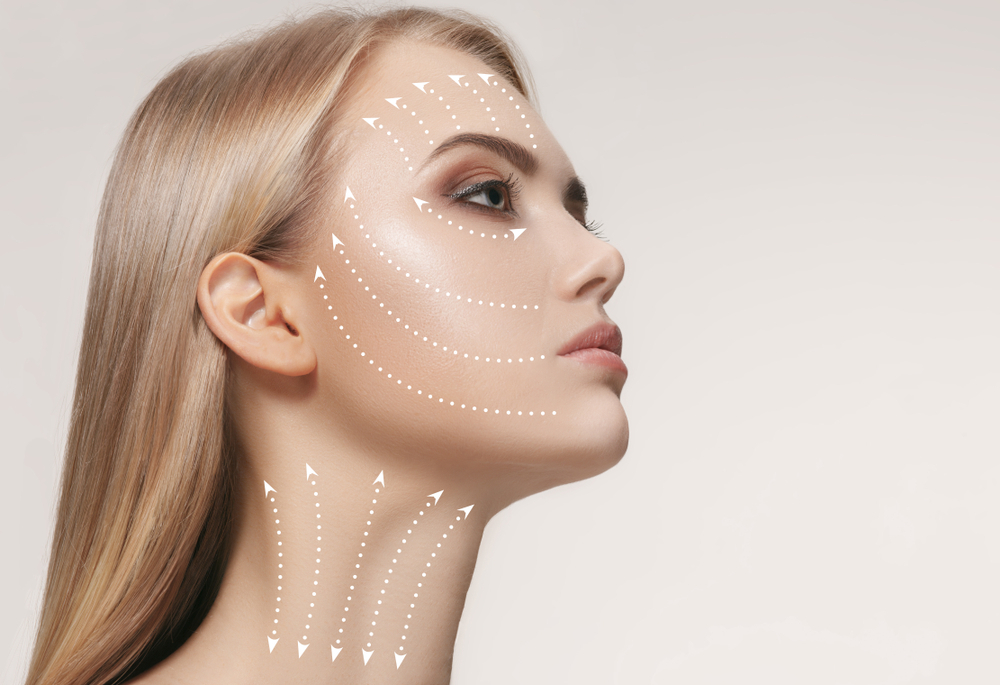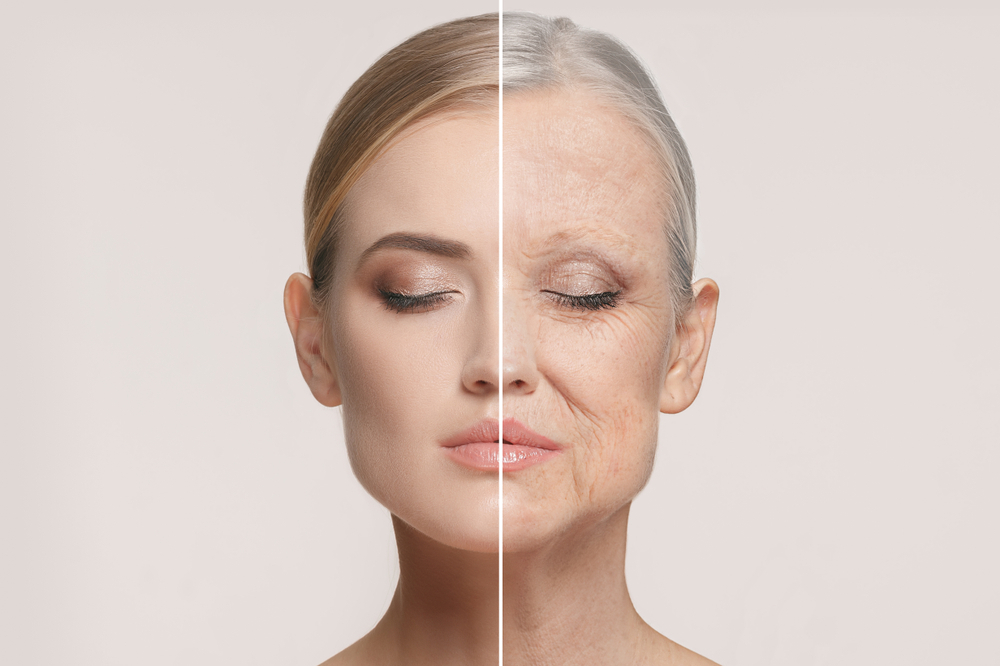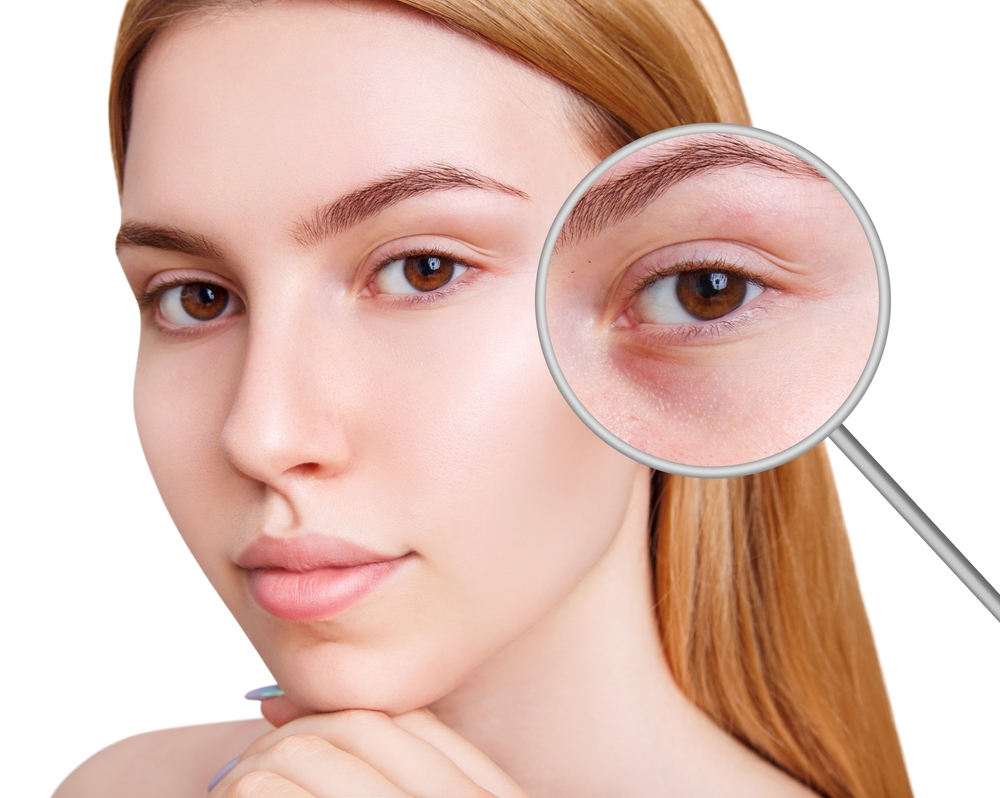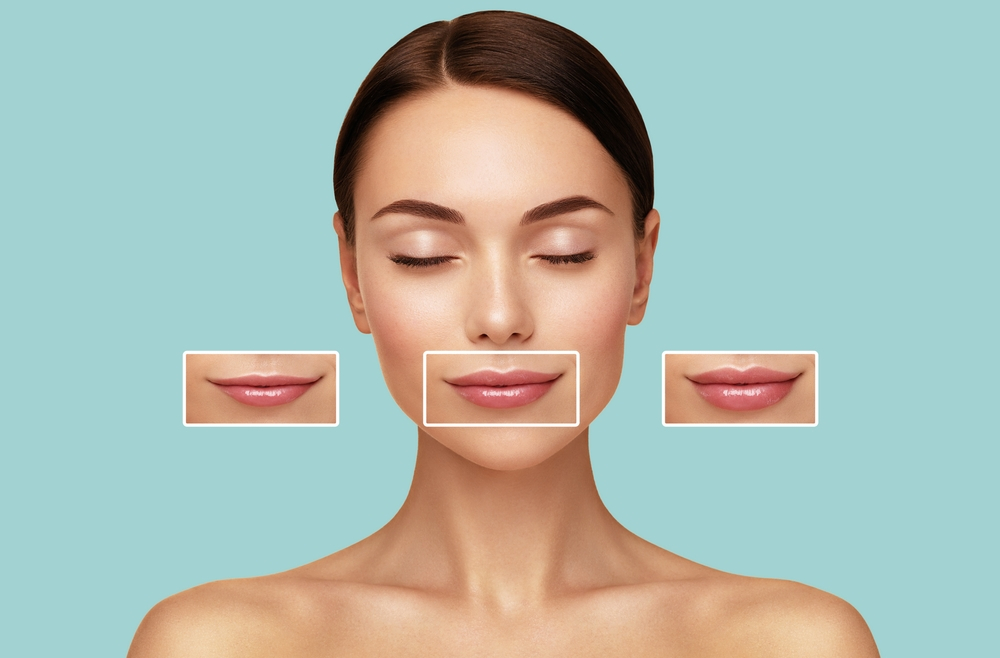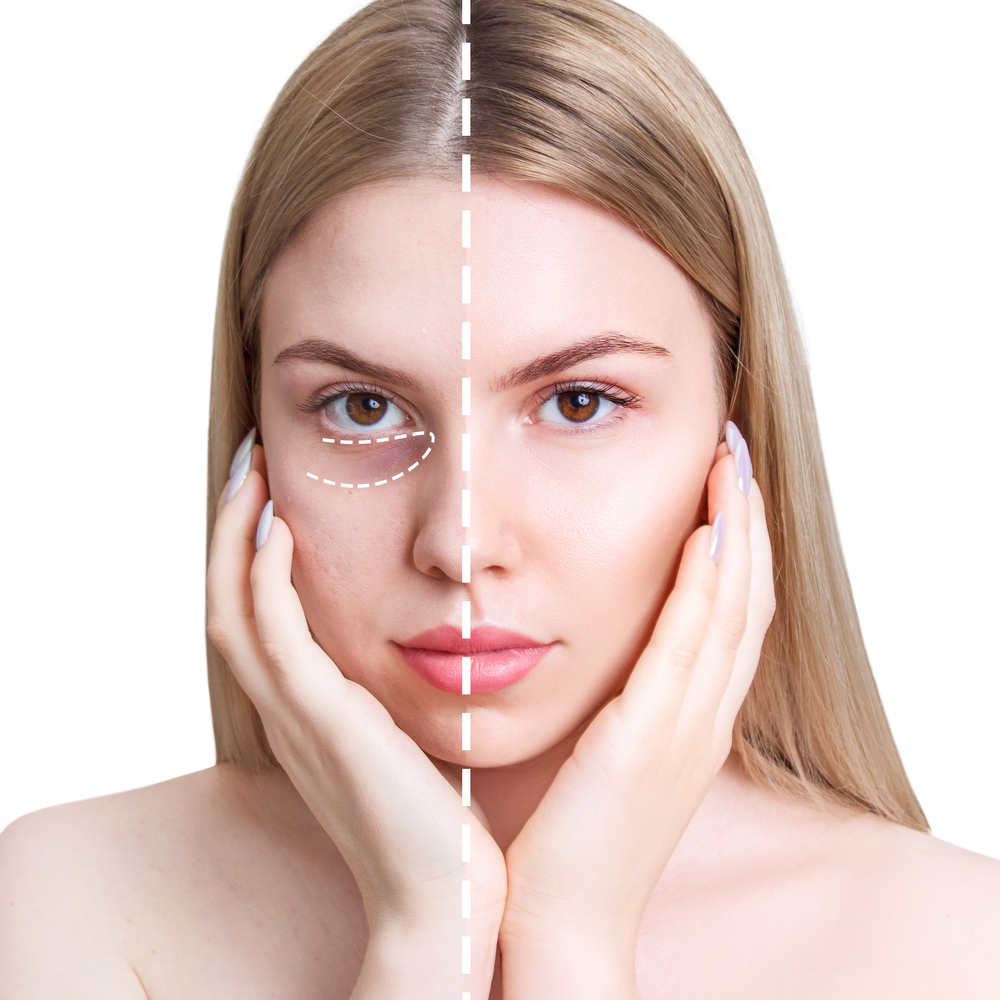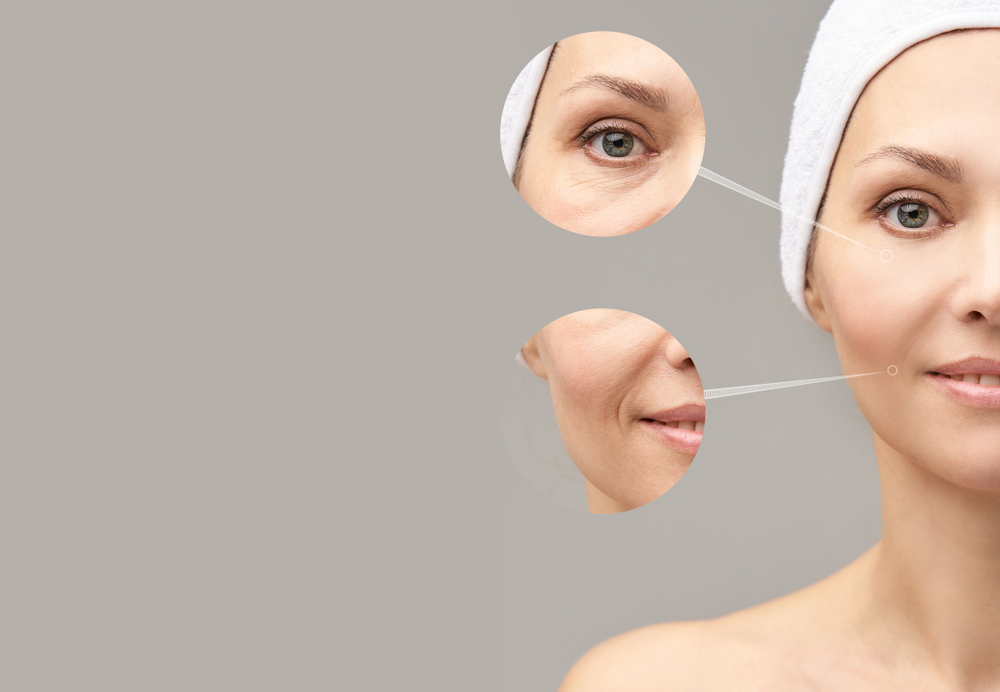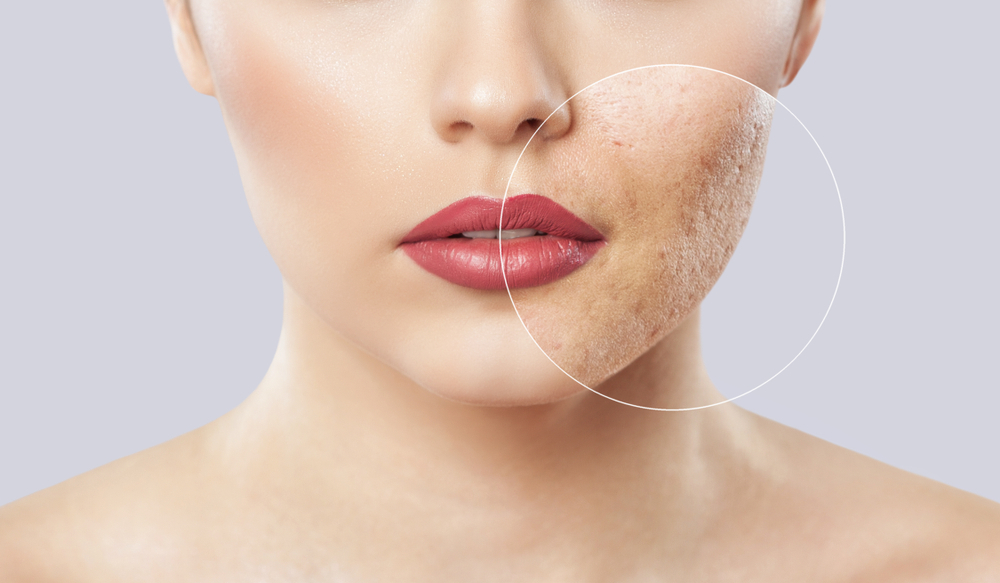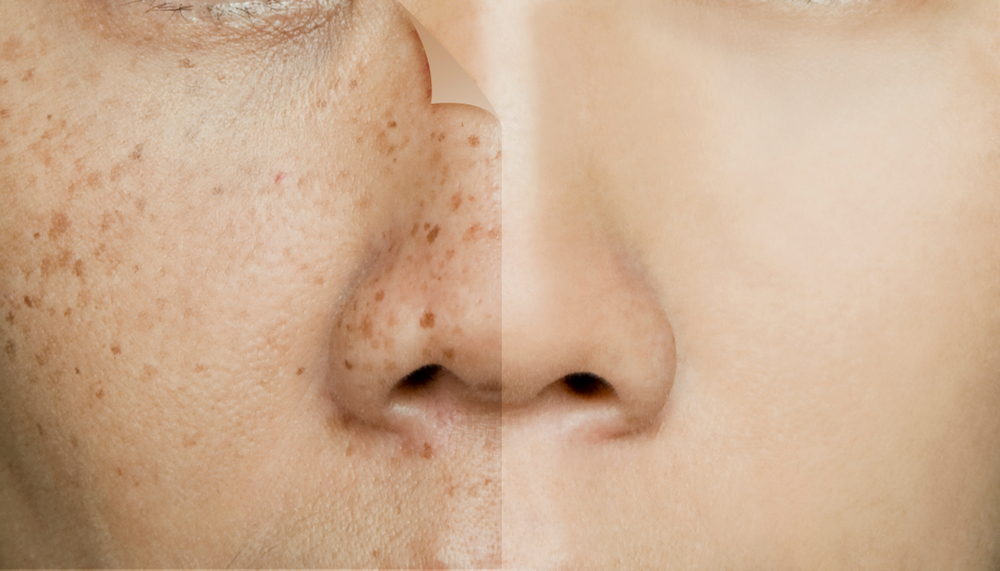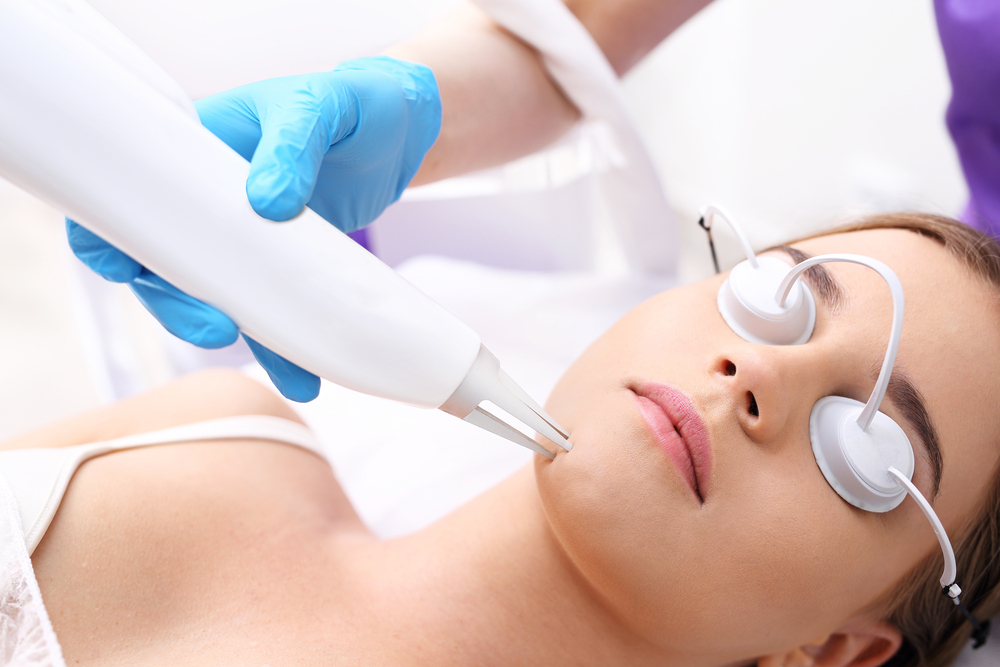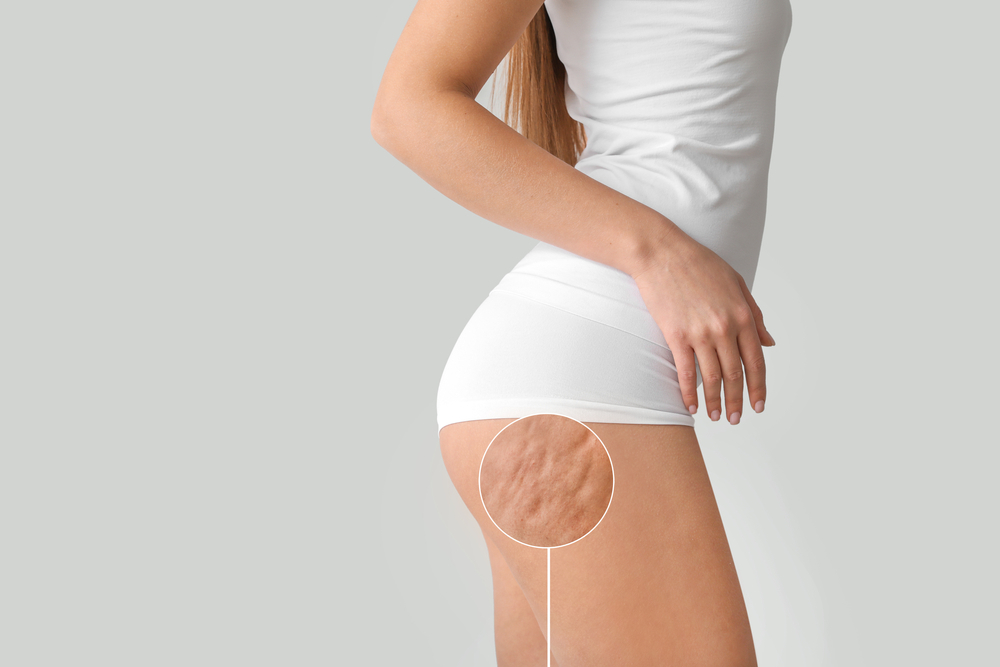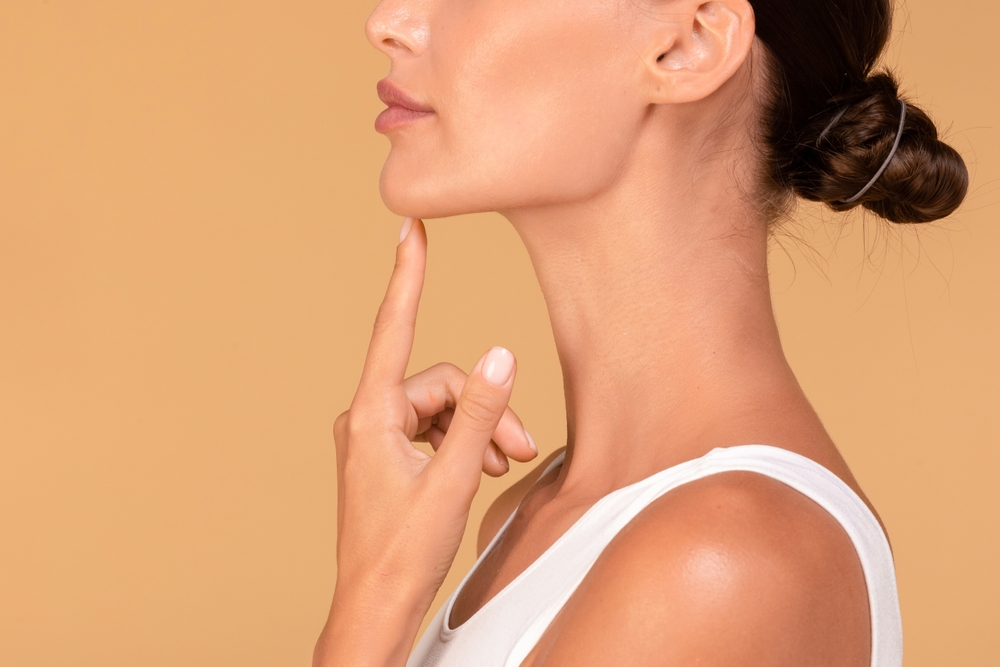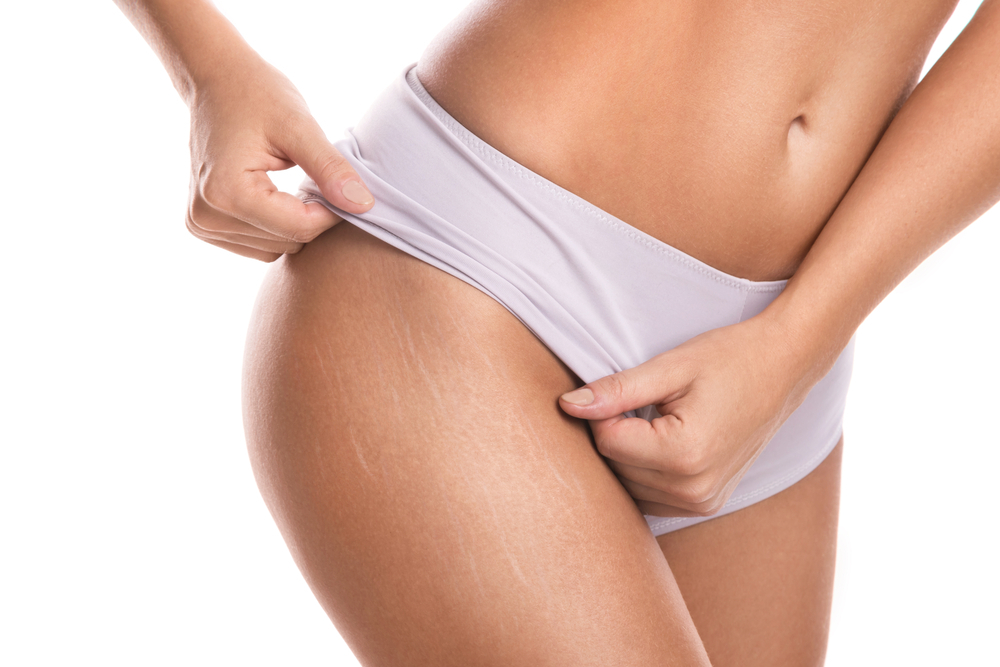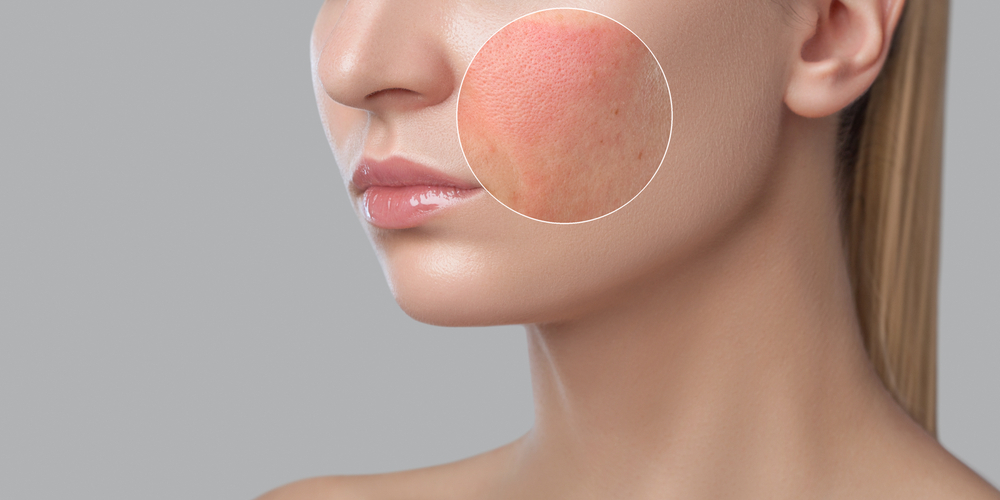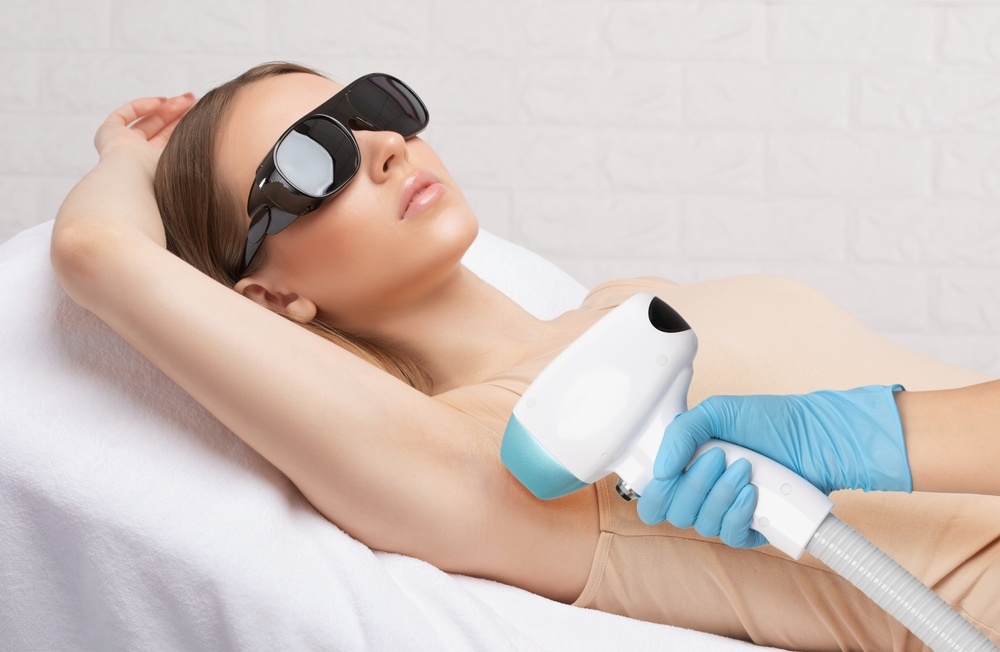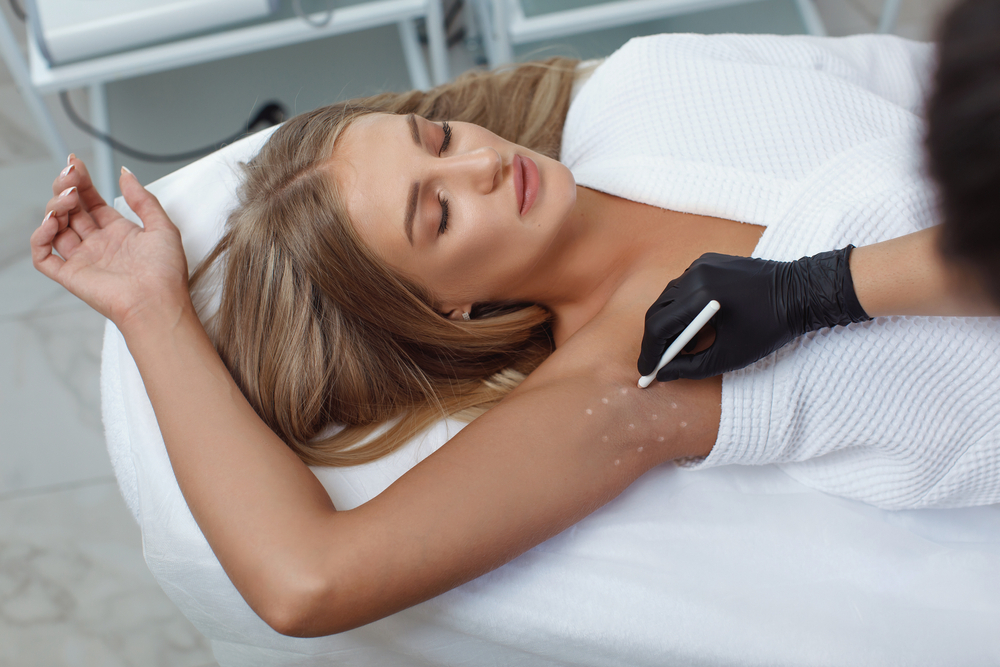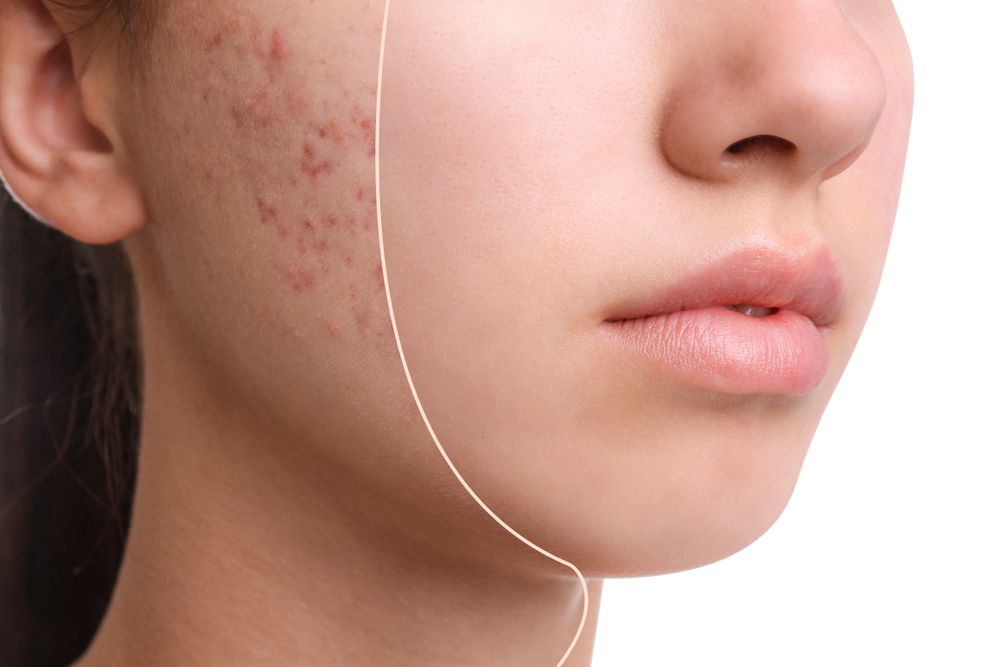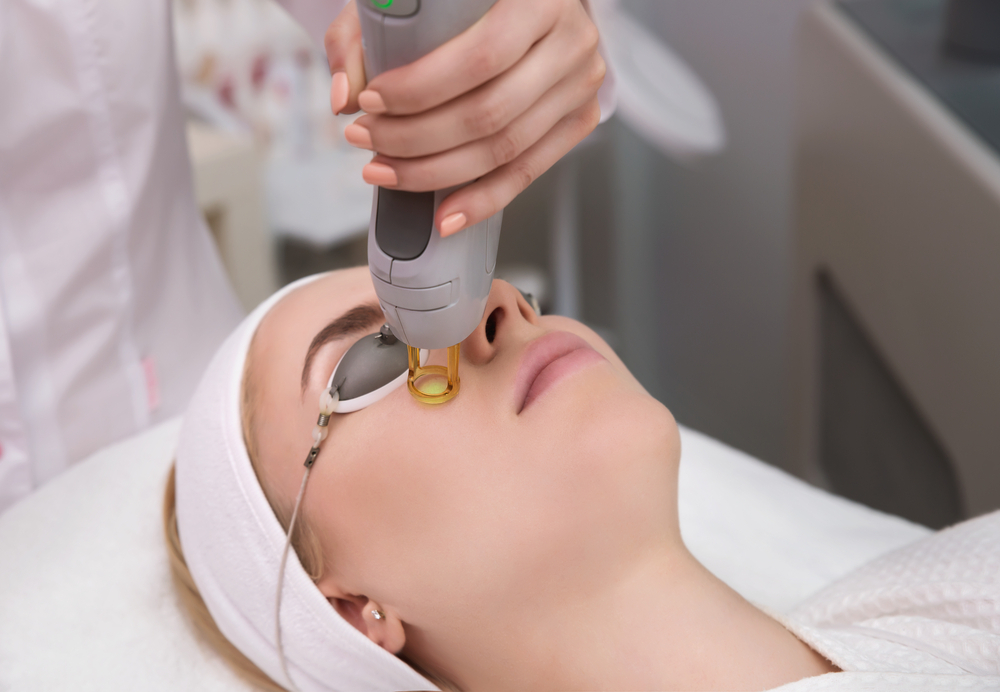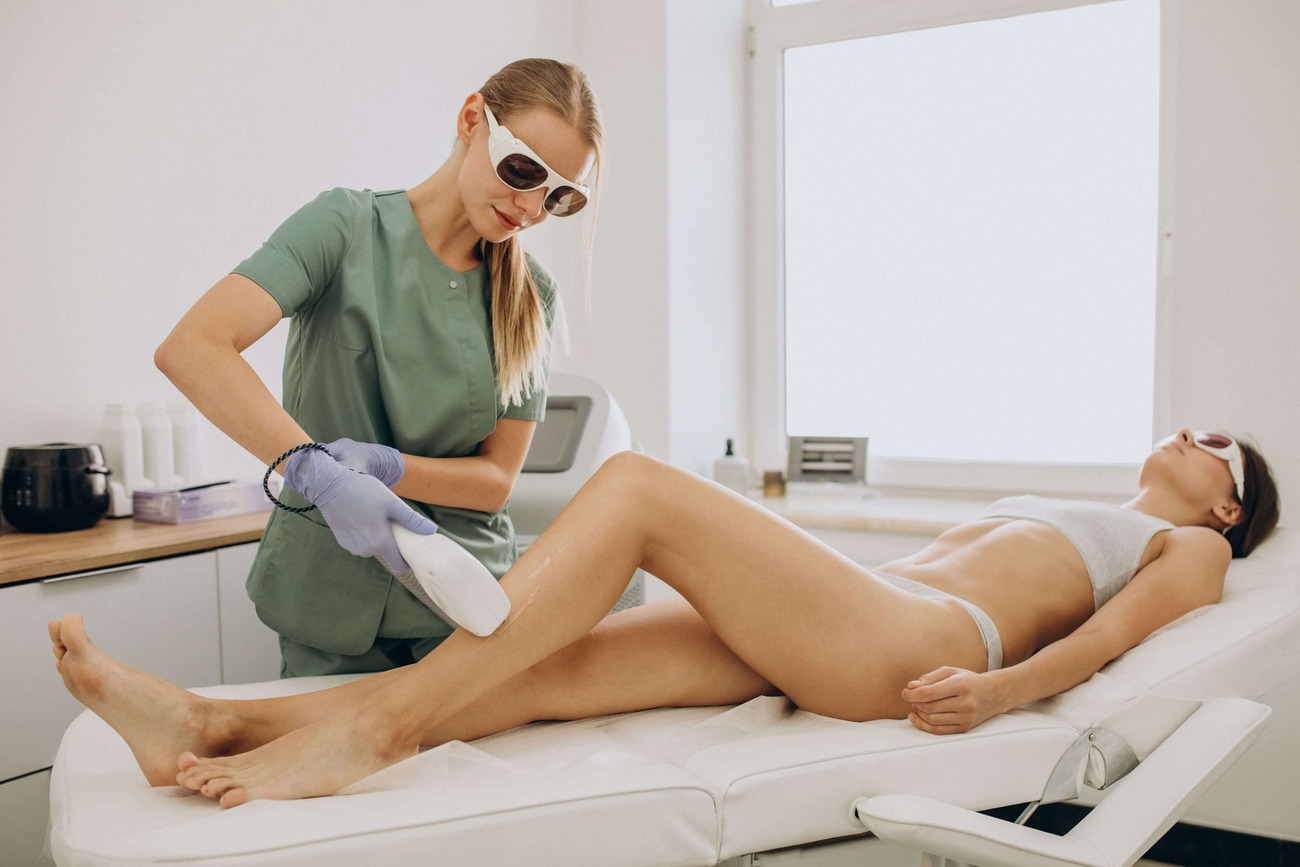rosacea
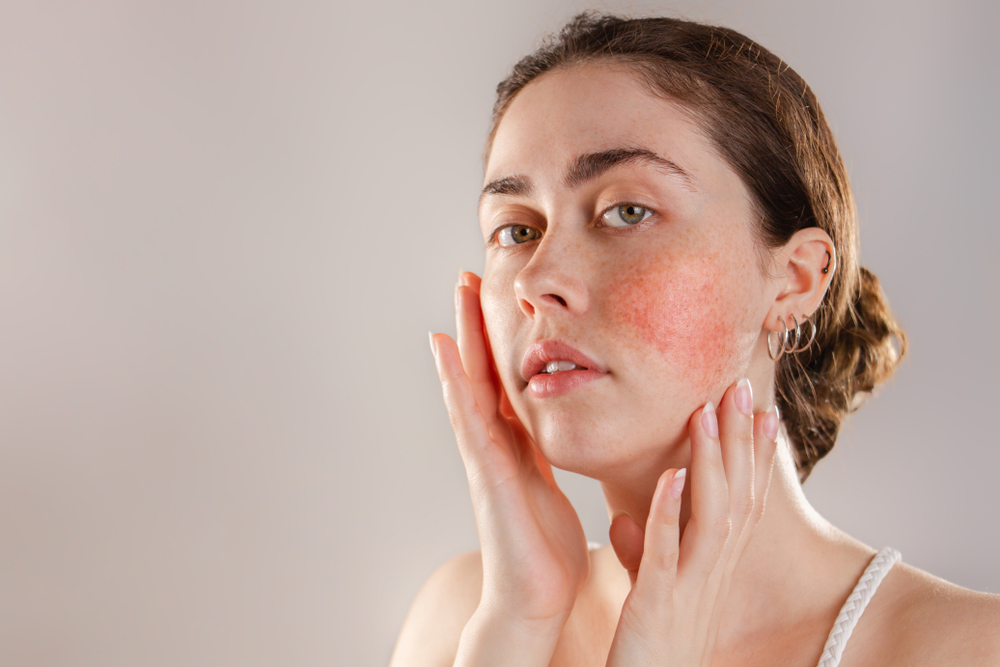
Rosacea: Symptoms and Treatment
Rose disease, medically known as rosacea, is a chronic skin disease that manifests itself with symptoms such as facial redness, swelling, pimples and dilated veins. This condition usually affects women between the ages of 30 and 50, but can also affect men. Symptoms are often mistakenly attributed to acne or allergies and treated incorrectly. Although the exact cause of rosacea is unknown, it can be affected by many factors such as genetics, environmental factors, skin care products, hot and cold weather. Skin care, medications and some laser treatments can be used to treat rosacea. If left untreated, symptoms can worsen and lead to permanent skin damage. Therefore, early diagnosis and correct treatment of rosacea are extremely important.
What are the Factors that Cause Rosacea?
Rosacea is a disease that can occur when many different factors come together. These factors can include genetic predisposition, hormonal changes, stress, infections and environmental factors. Environmental factors, especially smoking, excessive sun exposure, and the use of certain medications, can be effective in the development of rosacea. However, the exact cause of rosacea has not yet been clearly determined. Therefore, the treatment of the disease does not focus on eliminating a specific cause, but on controlling the symptoms.
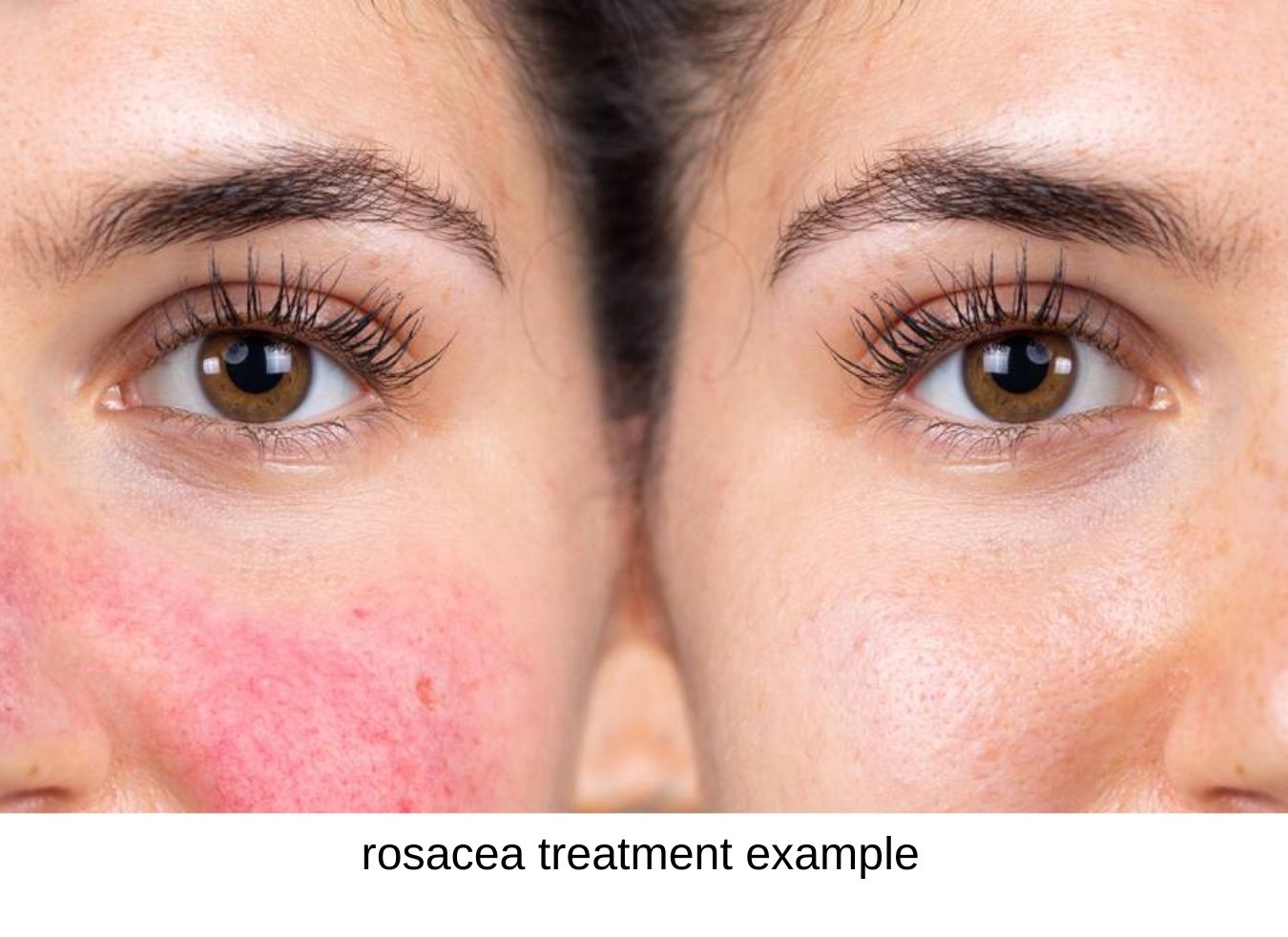
What are the Methods Used in the Treatment of Rosacea?
Rosacea, also known medically as rosacea, is a skin disease that manifests itself with symptoms such as redness, swelling, acne-like lesions on the skin, and sometimes burning and stinging in the eyes. A number of methods can be used in the treatment of rosacea. These methods are usually determined according to the severity of the symptoms and the needs of the patient.
Topical Creams and Lotions: In mild cases, topical creams and lotions that have an anti-inflammatory effect and help reduce redness on the skin can be used. These may usually contain metronidazole, azelaic acid, sulfur preparations, and anti-inflammatory agents.
Oral Medications: In more severe cases, oral medications may be prescribed. Medications such as antibiotics, anti-inflammatory drugs, and retinoids can help control the symptoms of rosacea. These medications are usually prescribed by a dermatologist.
Laser Therapy: Laser therapy is also an effective method used to treat rosacea. Laser light is used in targeted areas to reduce redness on the skin. Laser therapy is usually used to correct skin tone and reduce blood vessel dilation.
IPL (Intense Pulsed Light) Therapy: IPL therapy is performed by applying broad-spectrum light energy to the skin. This treatment is used to reduce symptoms of rosacea such as redness and blood vessel dilation.
Other Treatments: In some cases, other methods can be used to treat rosacea. These include procedures such as electrical or surgical ablation, dermabrasion, and chemical peels. However, these methods are usually preferred in rare cases and should be evaluated by a dermatologist.
The choice of methods used to treat rosacea varies depending on factors such as the patient's specific condition, the severity of symptoms, and the patient's preferences. It is important to consult a dermatologist to determine the most appropriate treatment method. I recommend that you make an appointment to determine the most effective and safe treatment options for your case. Contact us for a clinical appointment.
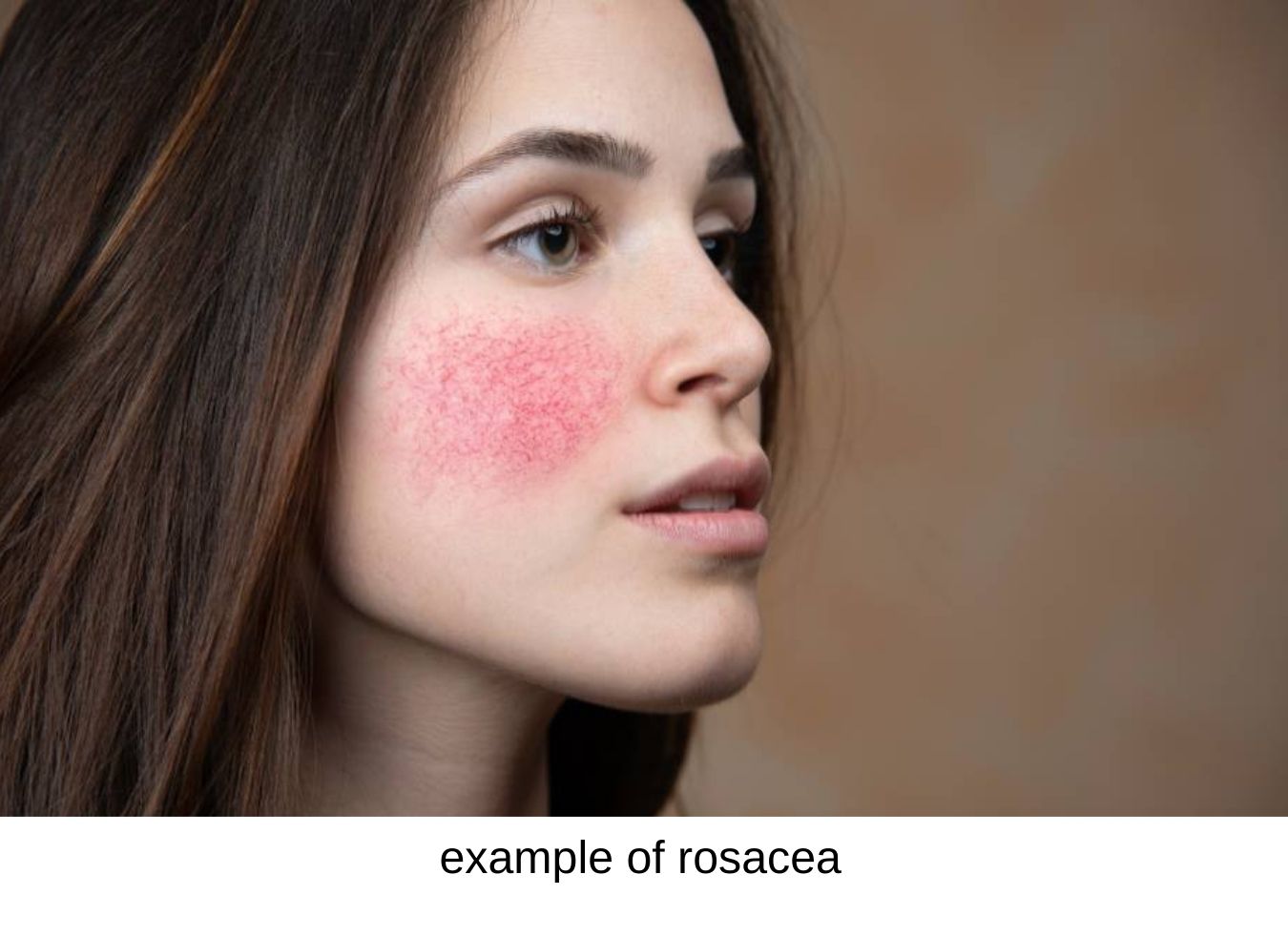
Good Foods and Nutrition Recommendations for Rosacea
It is important for people with rosacea to pay attention to their diet. Some foods can reduce the severity of the symptoms of the disease and help the treatment process. Antioxidant-rich foods should be preferred. These foods help strengthen the immune system by preventing damage caused by free radicals. For example, colorful vegetables, fruits, red meat, fish, walnuts, almonds, hazelnuts and green leafy vegetables are foods rich in antioxidants. Foods containing omega-3 fatty acids should also be included in the diet of people with rosacea. Fatty acids can help reduce inflammation and infections. Salmon, tuna, walnuts, chia seeds and flaxseeds are among the foods rich in omega-3. However, it is recommended that people with rosacea avoid excessive salt, sugar and saturated fat consumption. Staying away from processed foods, doing regular exercise and drinking enough water can also help reduce the symptoms of the disease. Of course, every patient has different nutritional needs and therefore should see a dietitian for nutritional advice in treating rosacea.
Rose
Natural Methods That Are Good for Your Disease: Treatment Suggestions That Can Be Applied at Home
Rose disease is a common condition that manifests itself with redness, sensitivity and acne on the skin. But don't worry, you can effectively fight rosacea with natural methods. Natural treatment methods are a safe and effective option for relieving redness on the skin, reducing irritation and controlling acne. On our site, you can find detailed information about natural materials and methods that you can easily apply at home. Recommended natural treatment methods include herbal oils, natural masks and skin cleansing routines. Many of these methods are good for rosacea because they nourish your skin and have anti-inflammatory and antiseptic properties.
İlgili Yazılar
See AllNeed to Contact Us?
We would want to hear more.
